Thursday, September 25
8:30 – 9:00 am
Welcome Announcements
9:00 – 10:00 am
Welcome Speech from our Host Country
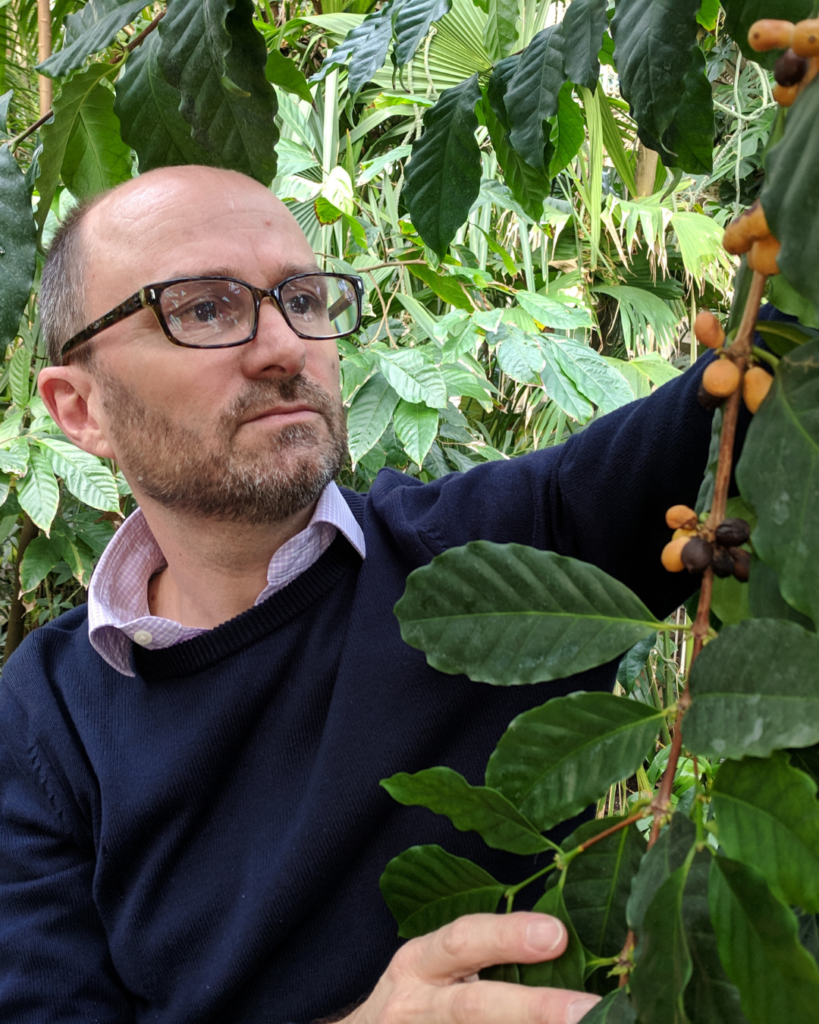
10:00 – 11:00 am
Keynote Speech + Q&A
Presenter: Dr. Aaron Davis
Keynote Speech
Let’s Talk Coffee is pleased to welcome back Dr. Aaron Davis, Senior Research Leader of Crops & Global Change at the Royal Botanic Gardens, Kew, United Kingdom. As a leading coffee scientist, Dr. Davis will review some of the key issues and developments concerning sustainability of the coffee sector and talk about his ongoing research on climate change adaptation and crop development, with an emphasis on the development and application of lesser-known species.
11:00 – 11:30 am
Coffee Break
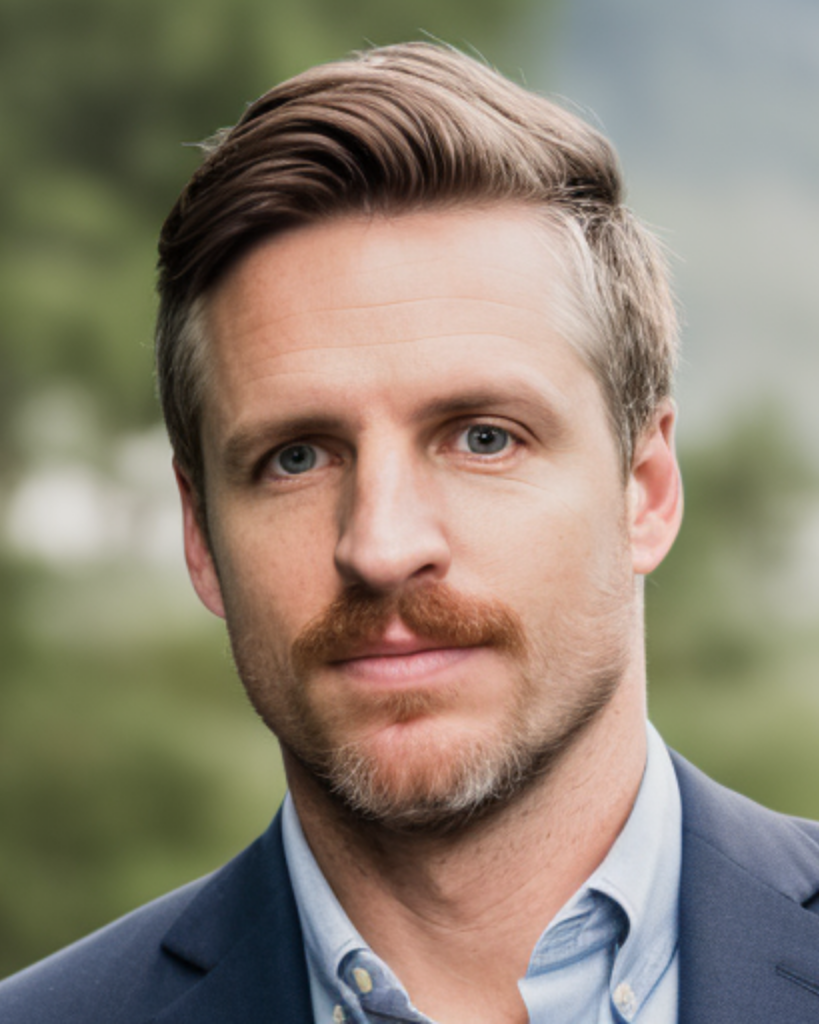
11:30 am – 12:30 pm
State of the Industry & Market Update
Presenter: Jordan Hooper
Big change happens slowly…and then all at once. The coffee marketplace’s challenges are many. New and somewhat unexpected external influences like the pandemic, frost, war, inflation, and tariffs have only made matters worse, unleashing unheard-of volatility into the environment. While producers have done well and consumers have proven surprisingly resilient the last few years, the “soft” infrastructure of research, finance, and – most importantly – trust that holds it all together has fissured. Jordan Hooper, Sucafina’s Global Head of Trading, will review the consequences of coffee’s last few volatile years, how the trade has responded to the relative instability, and what it likely means for the future.
12:30 – 2:30 pm
Lunch
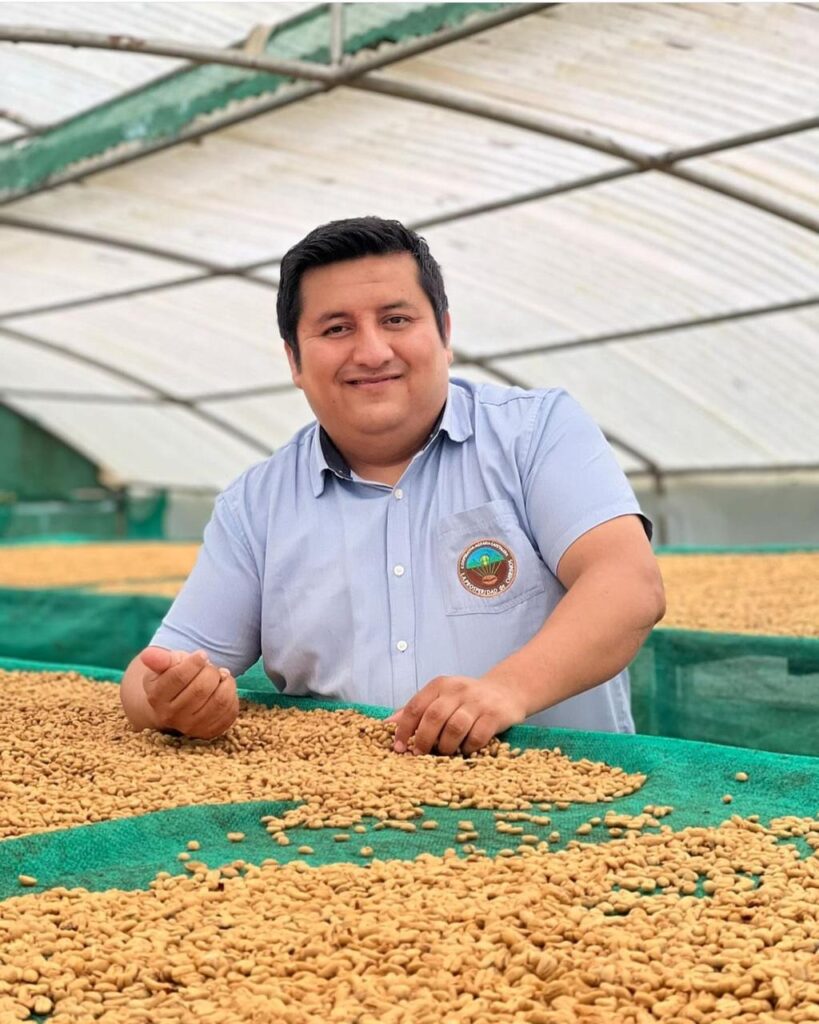
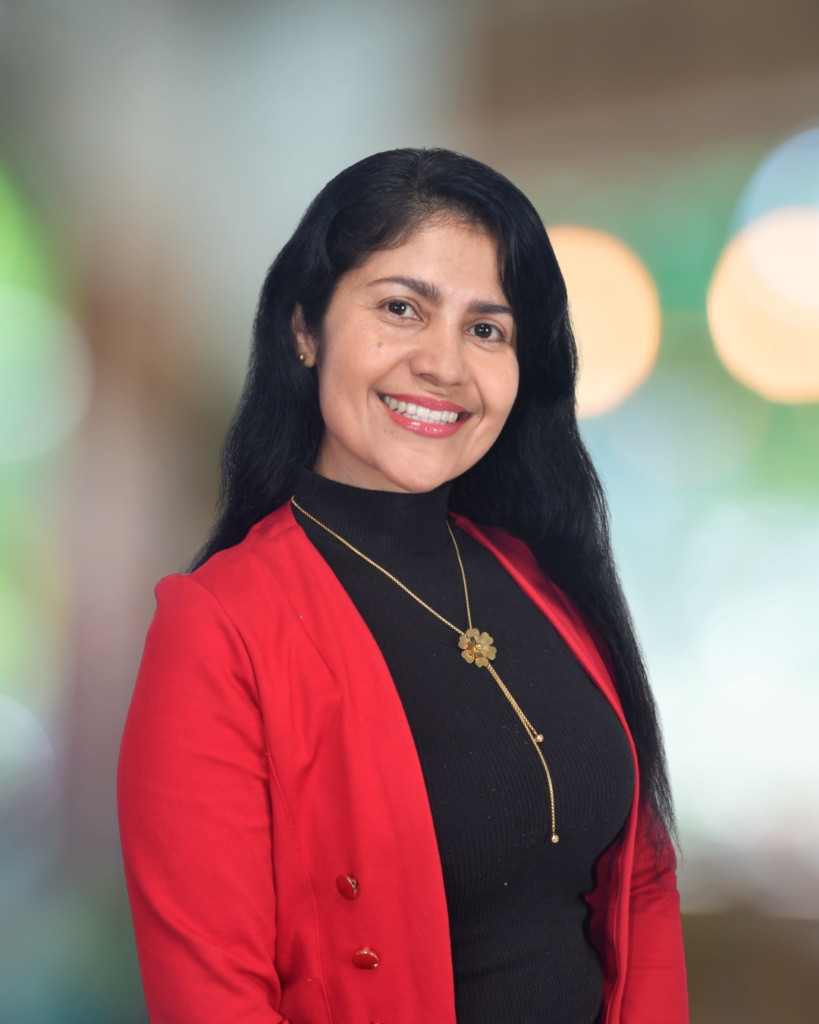
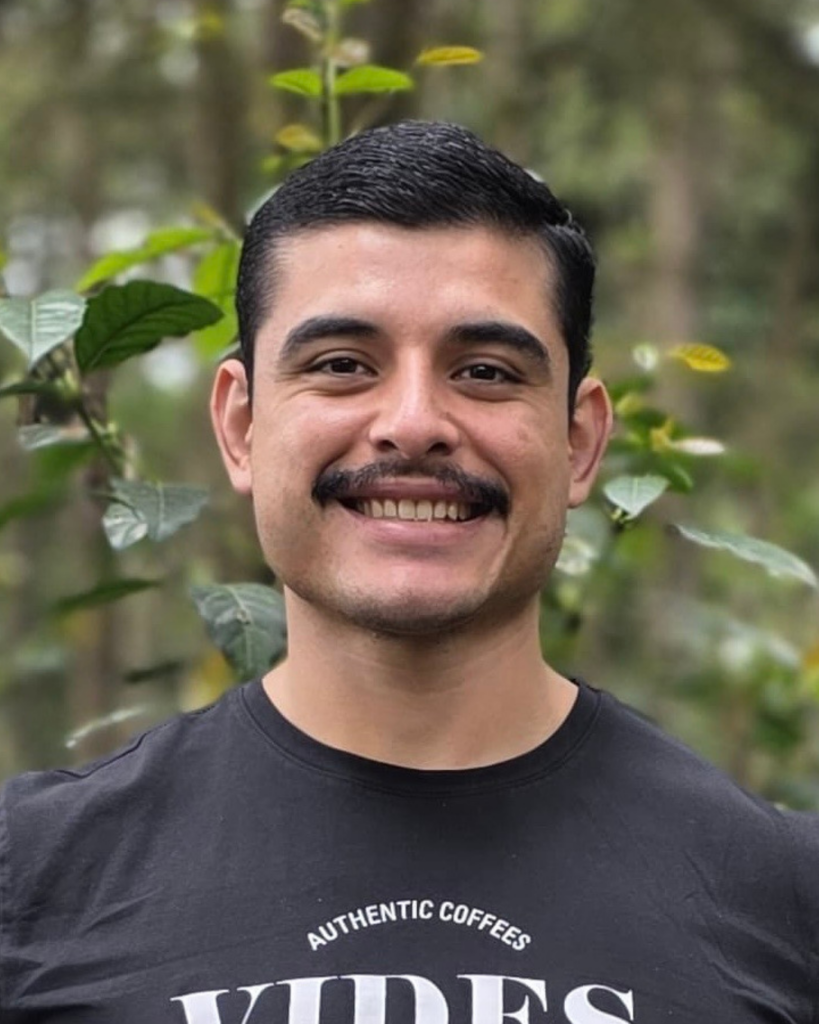
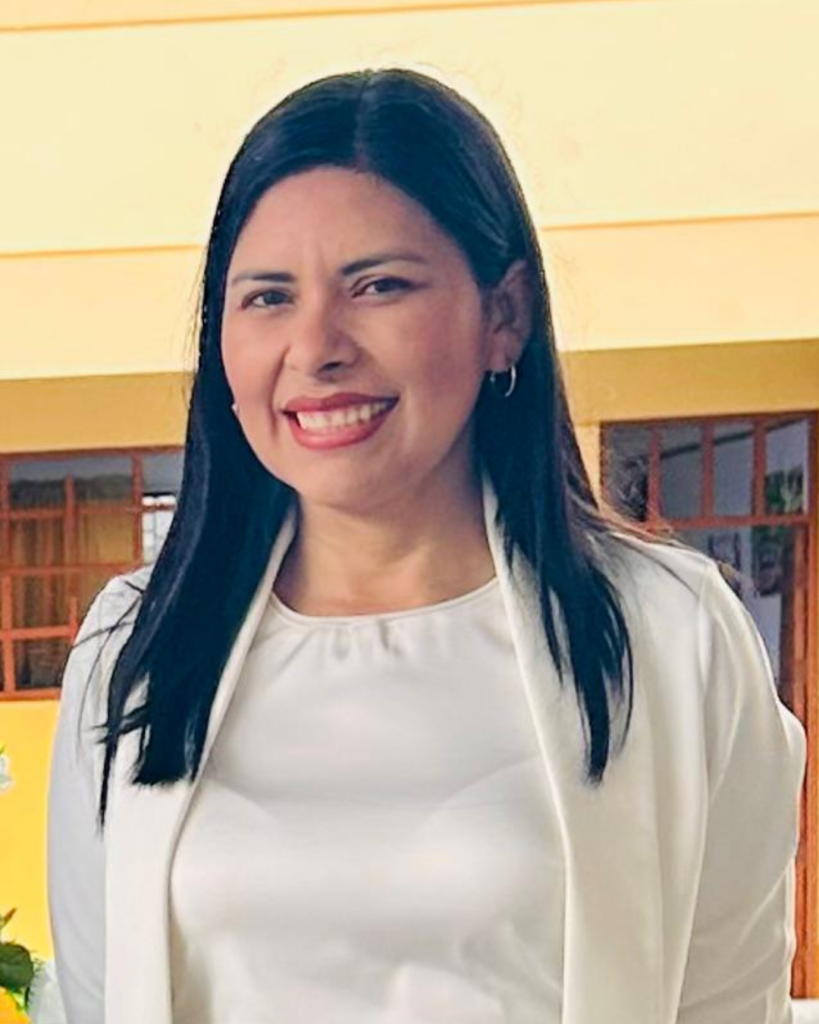
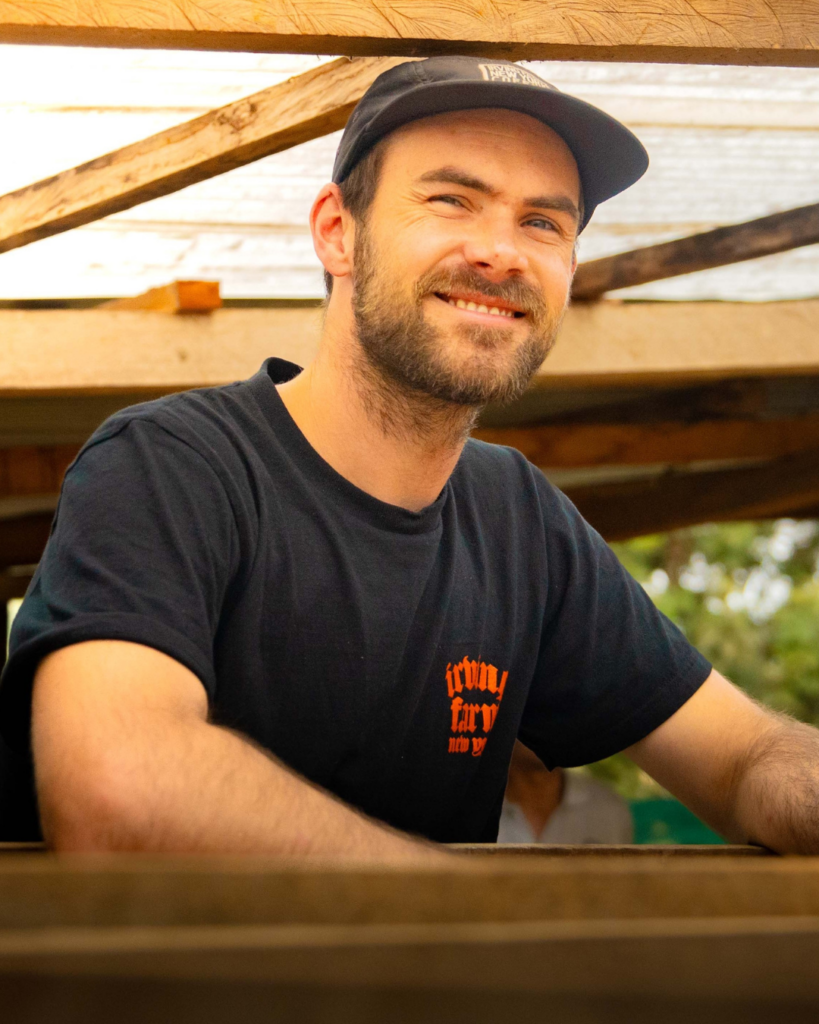
2:30 – 3:30 pm
Post-Pandemic Recovery & Market Volatility Survival: Producers
Panelists: Michael Montalvan, Lucía Álvarez, Juan José Ariano, Maricely Guevara; Moderator: Jay Kling
The global COVID pandemic posed a unique set of difficulties at origin. A panel of producers from various Latin American origins will describe how they were able to overcome obstacles presented by the pandemic and the global freight crisis. They also will discuss how the recent fluctuations in the commodity market have affected them and their business operations, especially cooperatives who have faced challenges in financing and collecting coffee.
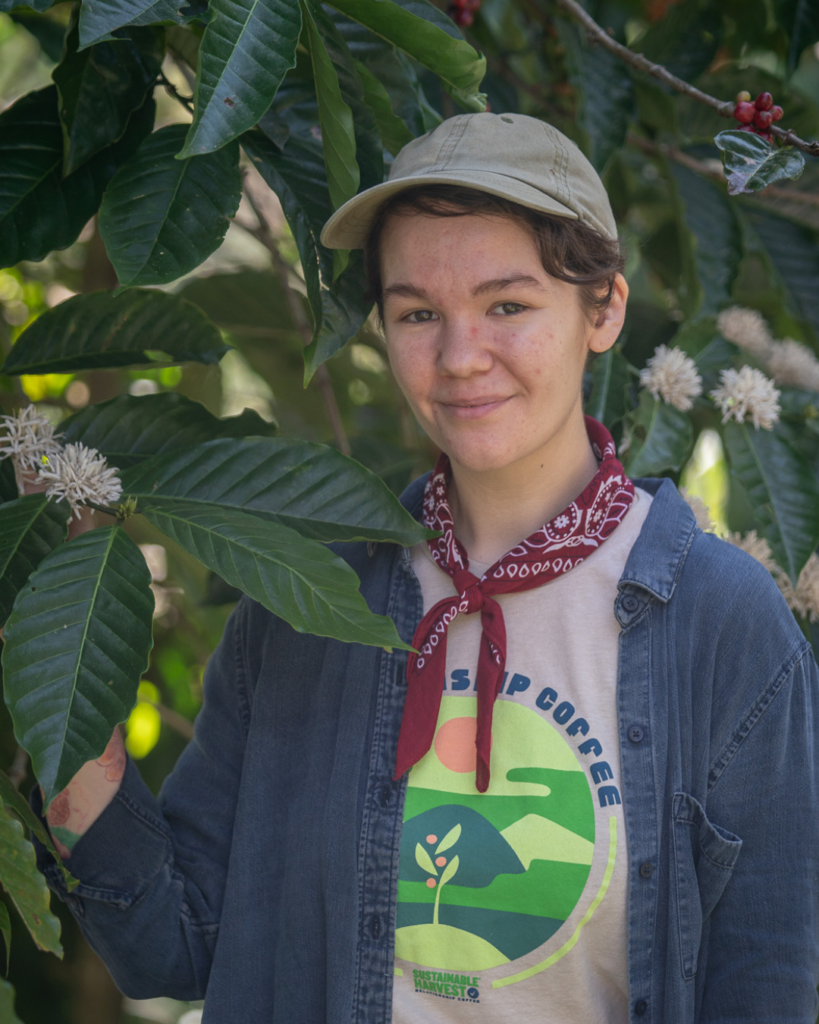
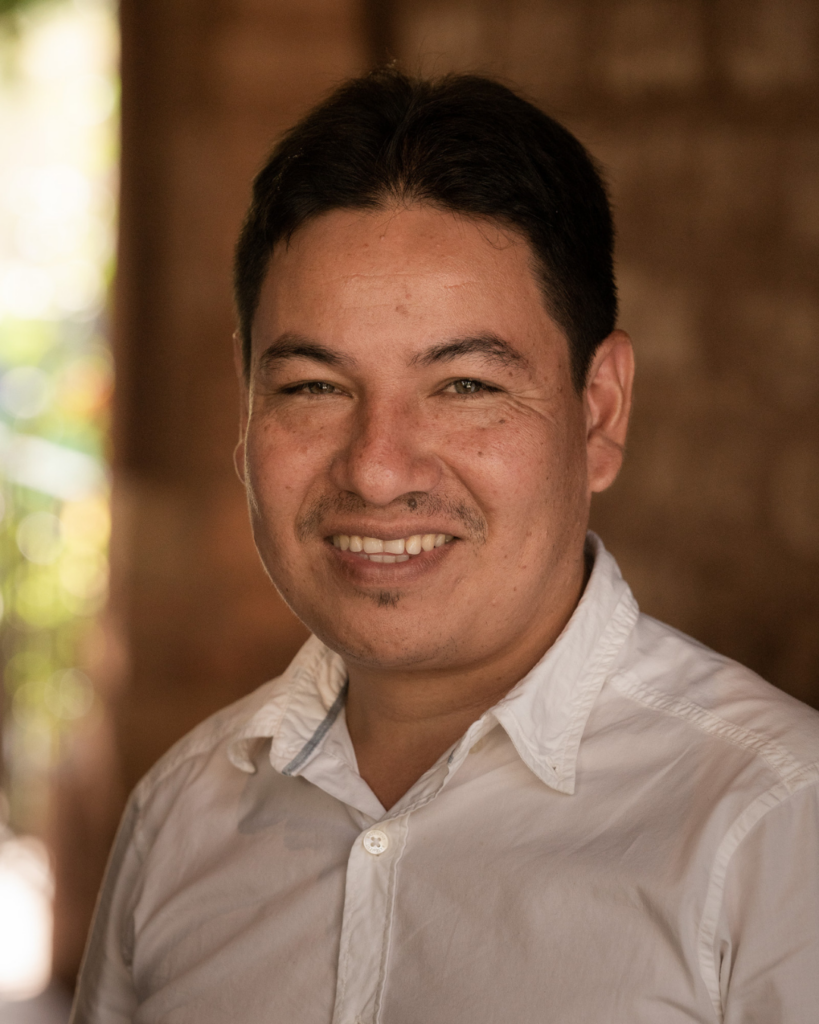
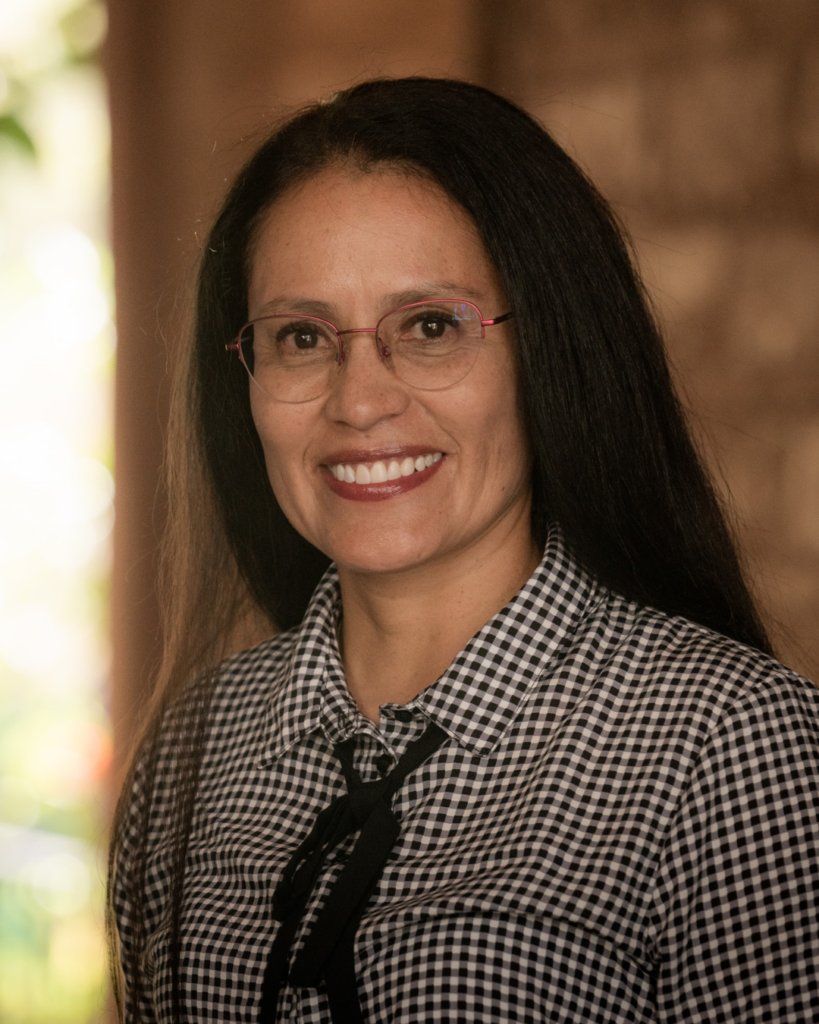
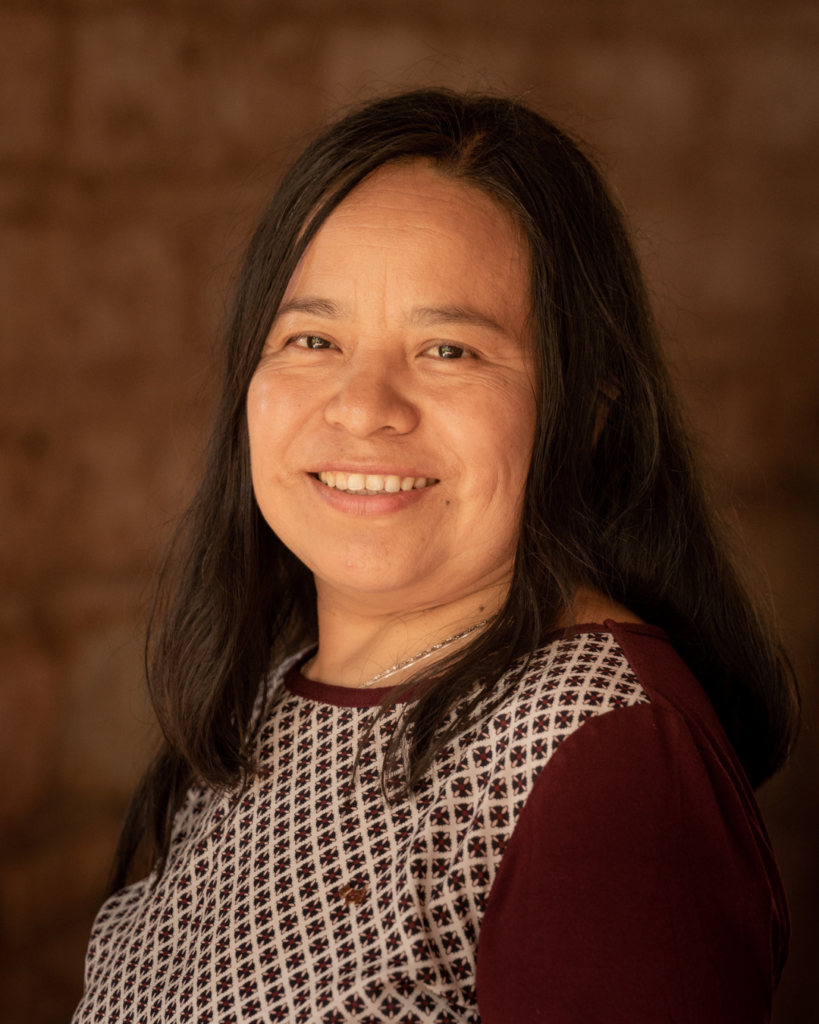
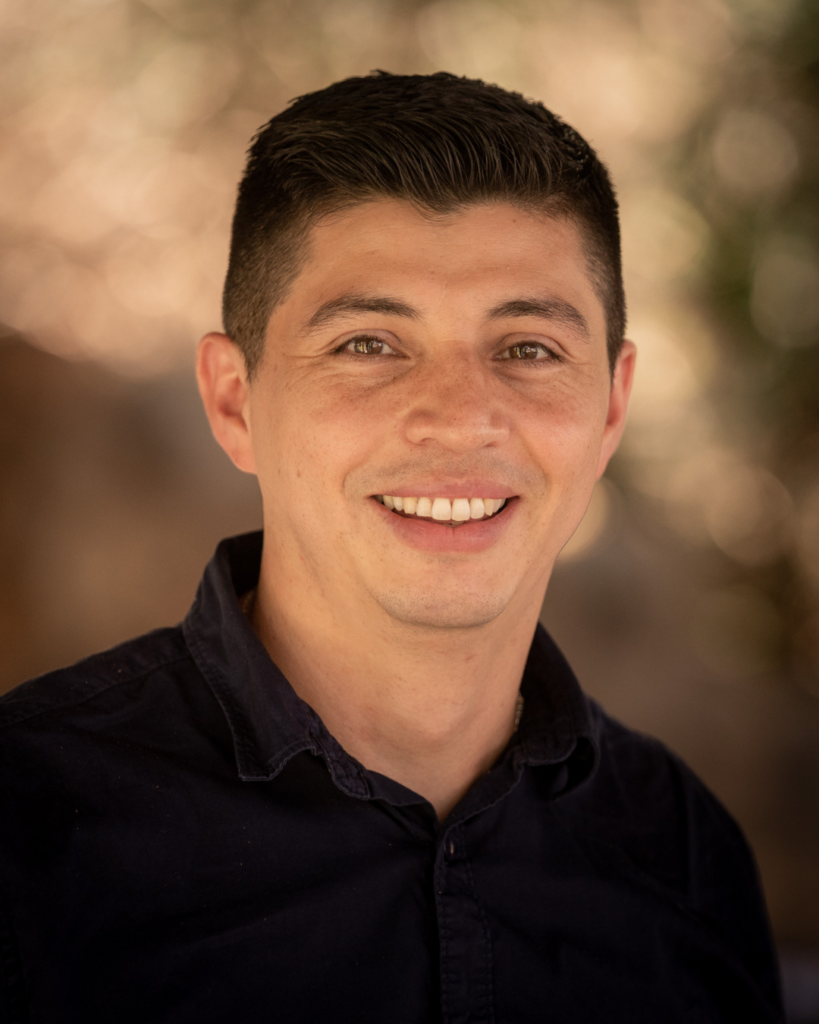
2:30 – 4:00 pm
Cupping: Welcome to Peru
With Support from our Team: Emma Taylor, Dimar Zurita, Claudia Gomez, Chabe Cerqueda, Leo Acosta
3:30 – 4:00 pm
Coffee Break
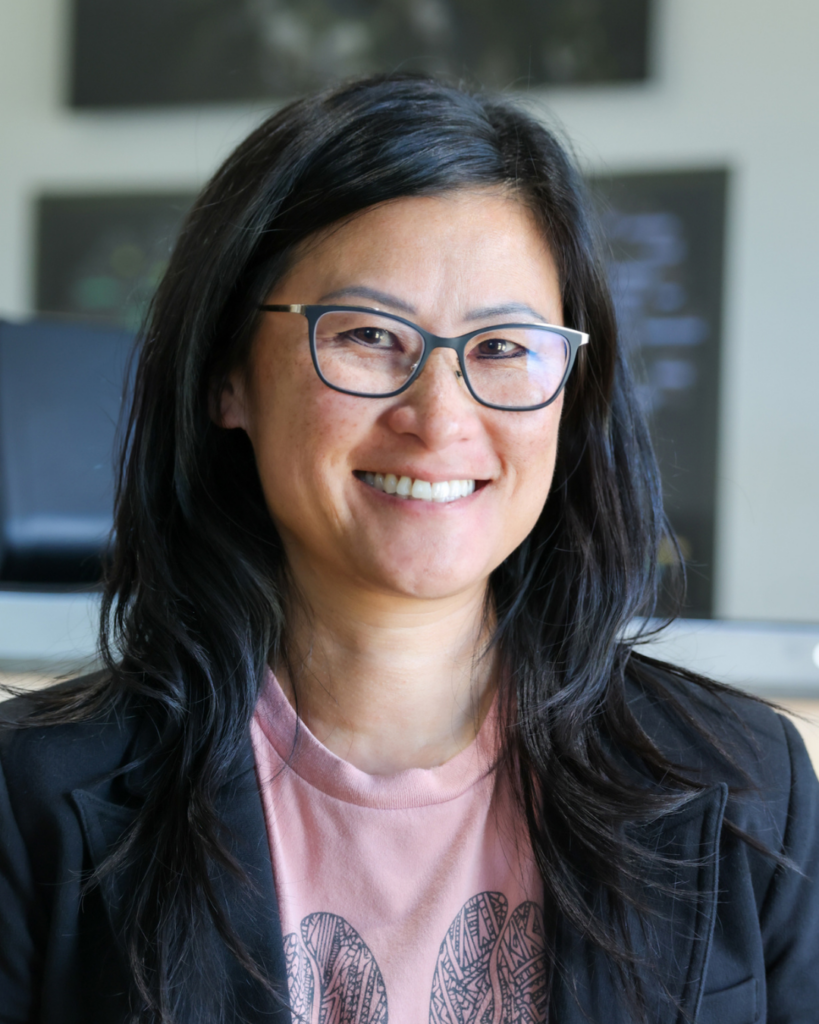
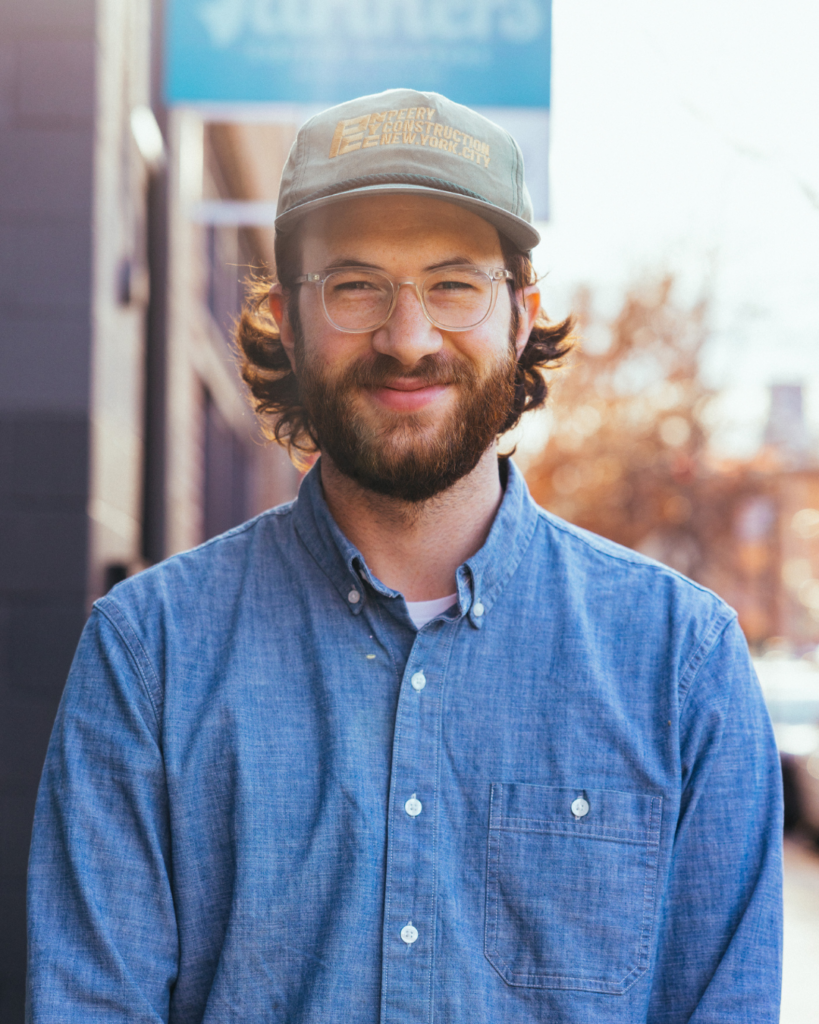
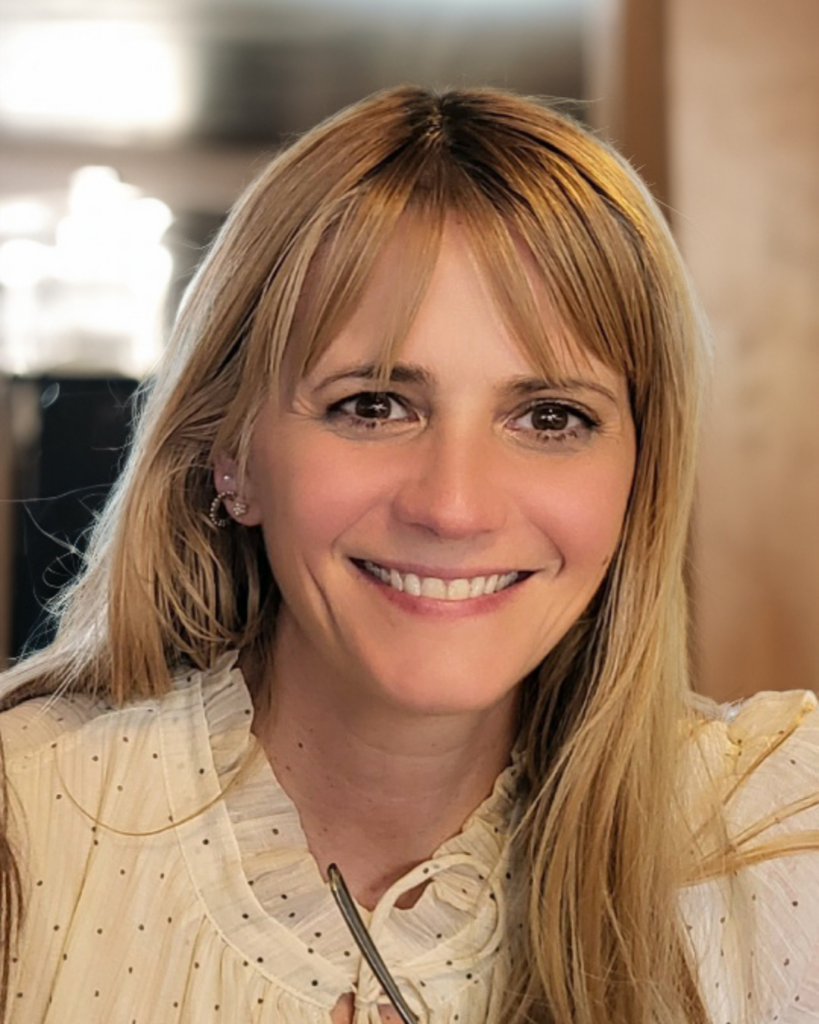
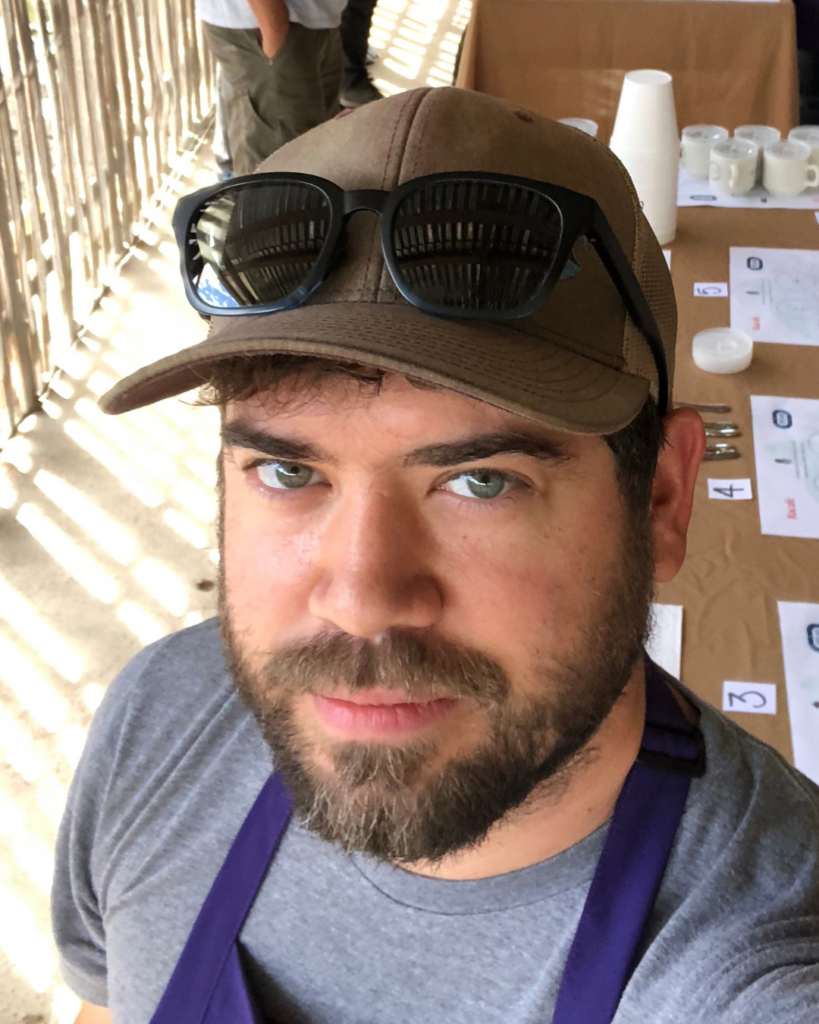
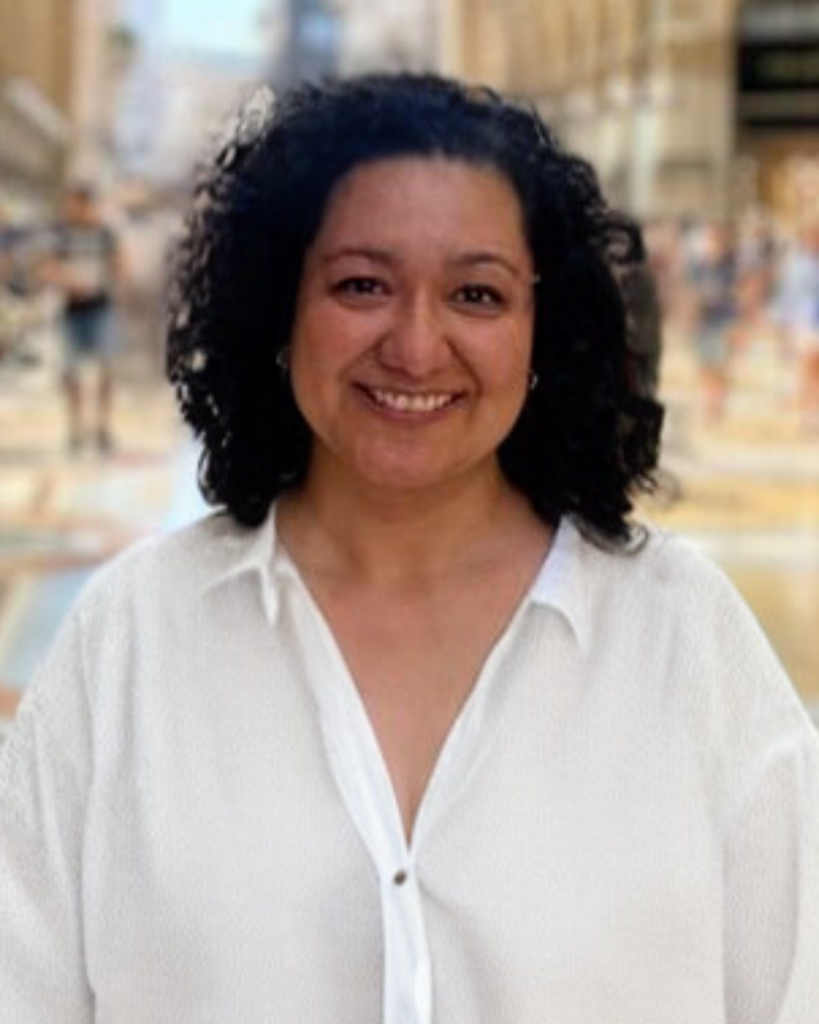
4:00 – 5:00 pm
Post-Pandemic Recovery & Market Volatility Survival: Roasters
Panelists: Khanh Trang, Sam Klein, Kelly Zeissner, Nolan Dutton; Moderator: Doris Quijivix
The pandemic and the more recent instability in the ‘C’ market have created unforeseen challenges for roasters and retailers over the past five years. A panel of roasters will review the pandemic’s threats to their respective operations and how each company was able to pivot despite the loss of revenue and shifting consumption landscape. These companies will also share how they have managed the sharp rise in green coffee prices over the past year and adopted new strategies for buying and blending, while maintaining relationships with long-term suppliers.
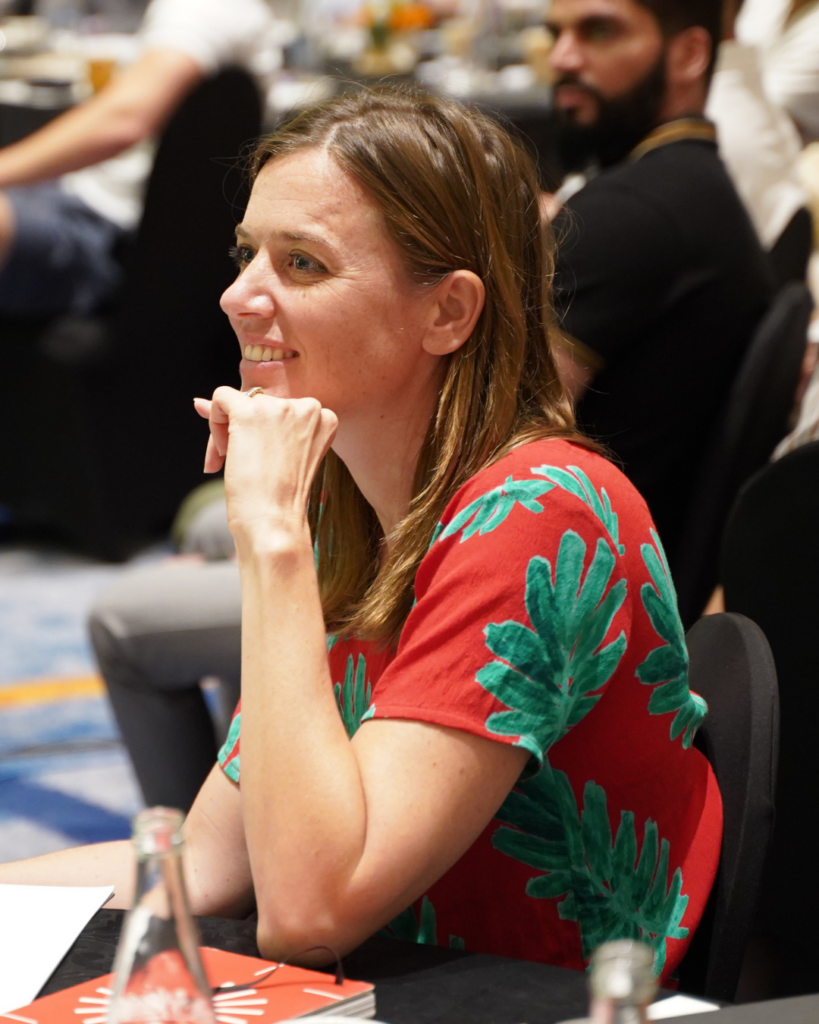
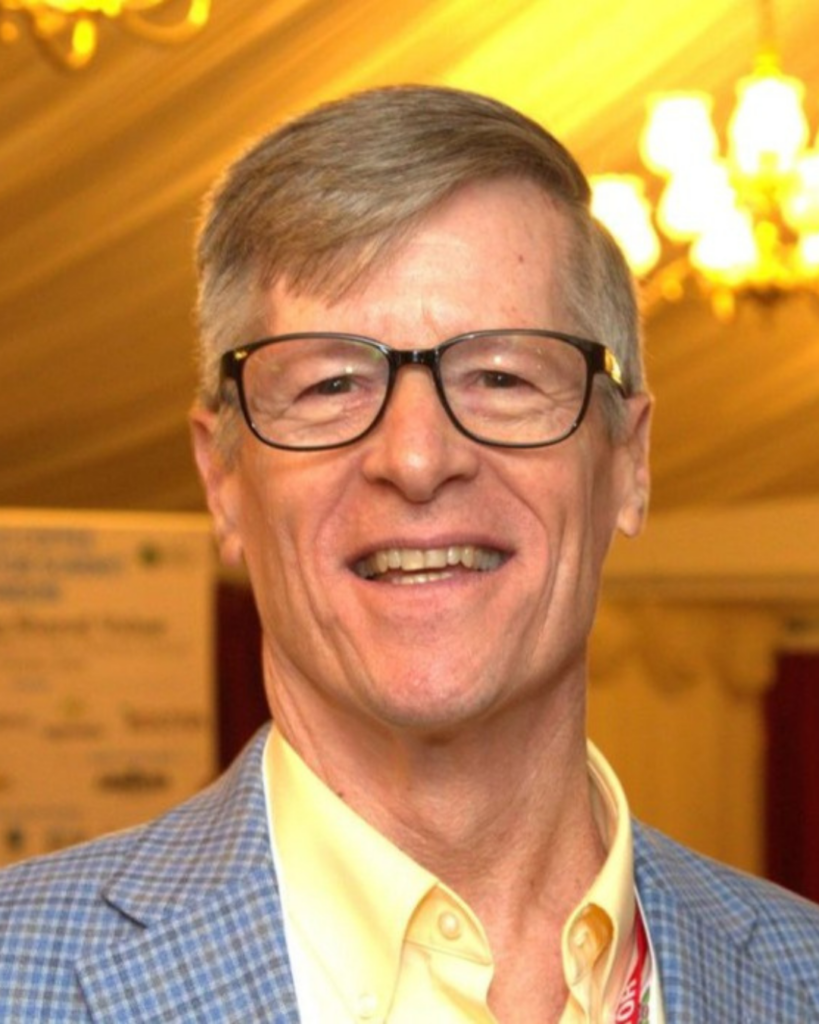
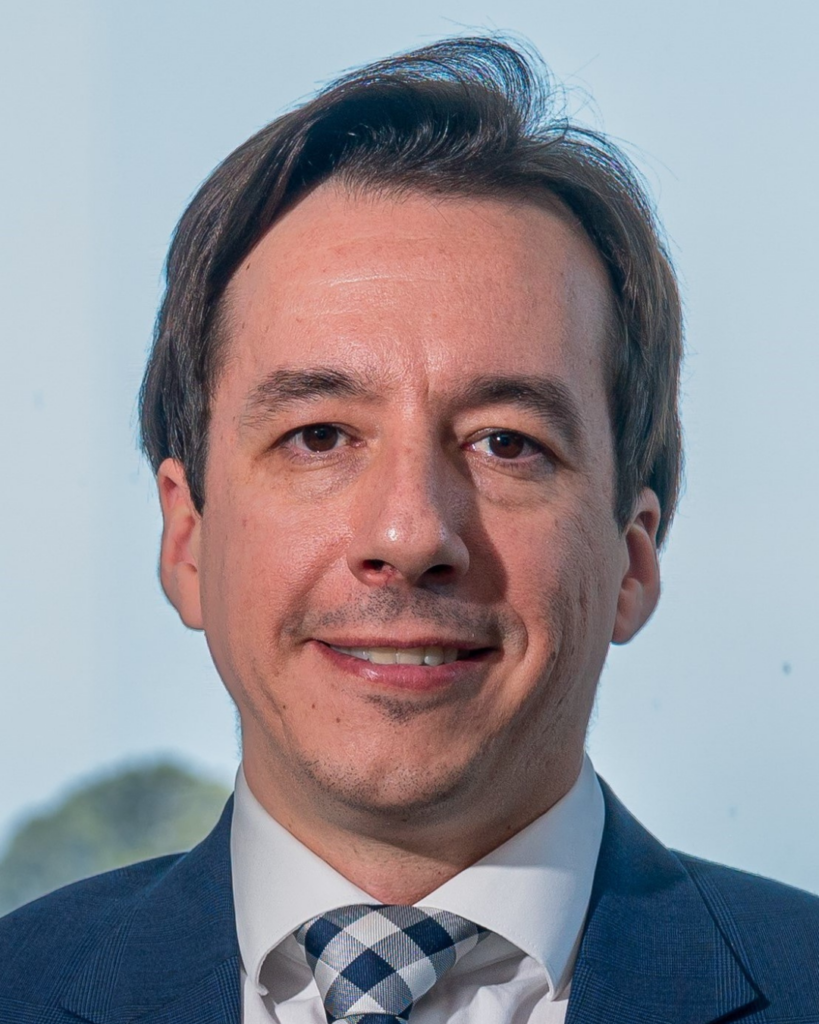
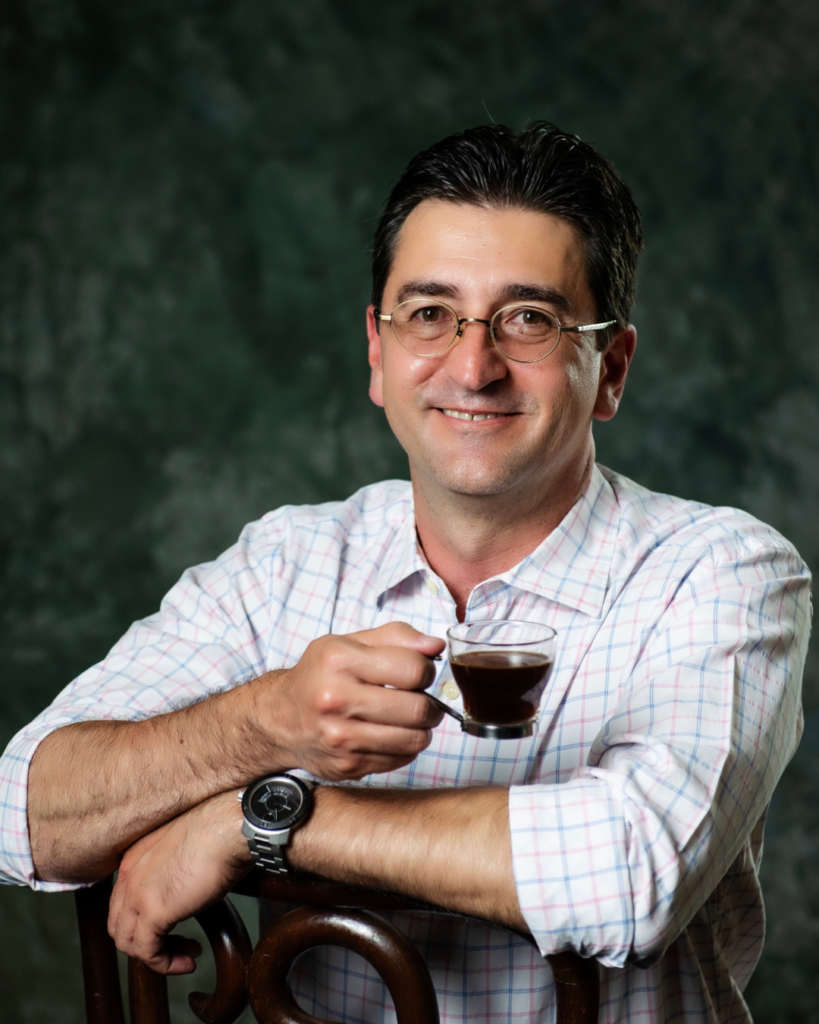
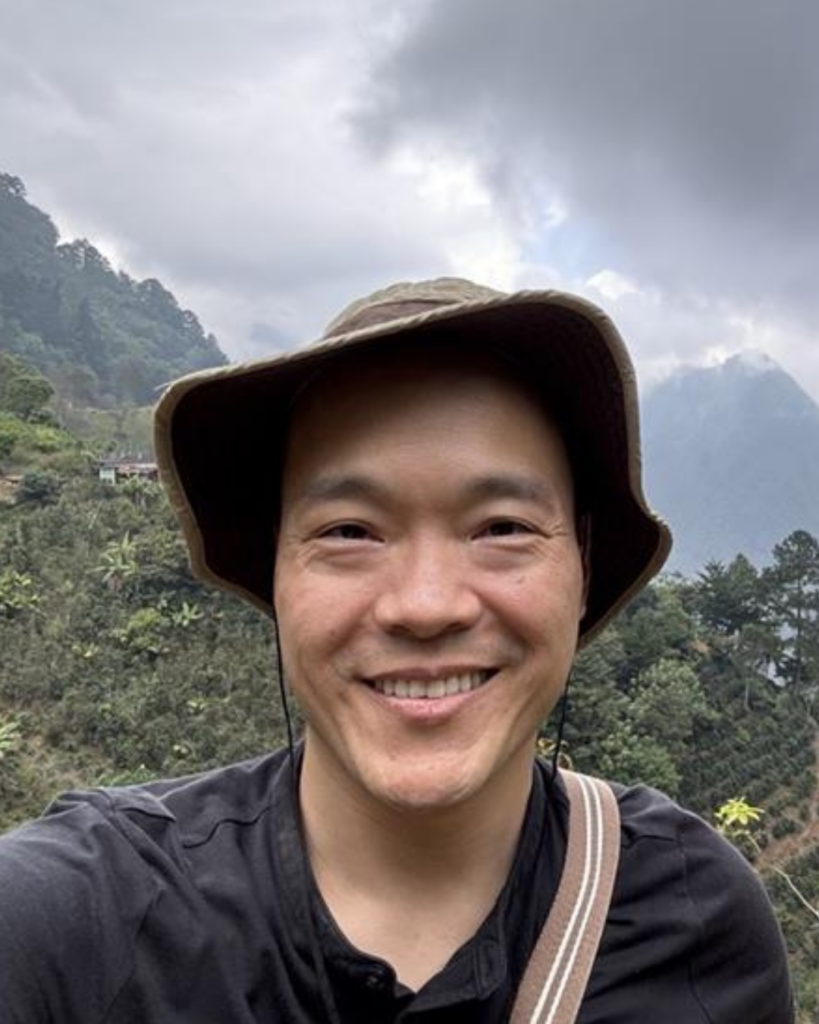
5:00 – 6:00 pm
The Role of Government in the Coffee Industry
Panelists: Suzanne Uitenbogaard, T.J. Ryan, Mauricio Chiaravalli, Juan Luis Barrios; Moderator: Al Liu
This panel will look at the role of governments in coffee-consuming countries, focusing on recent policies that have significant consequences for both producers and roasters. The European Union Deforestation Regulation (EUDR) is imposing complex standards that require detailed documentation and additional costs. On the opposite end of the spectrum, the dismantling of the U.S. Agency for International Development (USAID) has shut the door on a legacy of projects that have benefited producers around the world. This sudden change raises questions about the future of government-funded development initiatives.
6:00 – 6:30 pm
Closing Announcements
6:30 pm
Opening Cocktail
Friday, September 26
8:30 – 9:00 am
Announcements
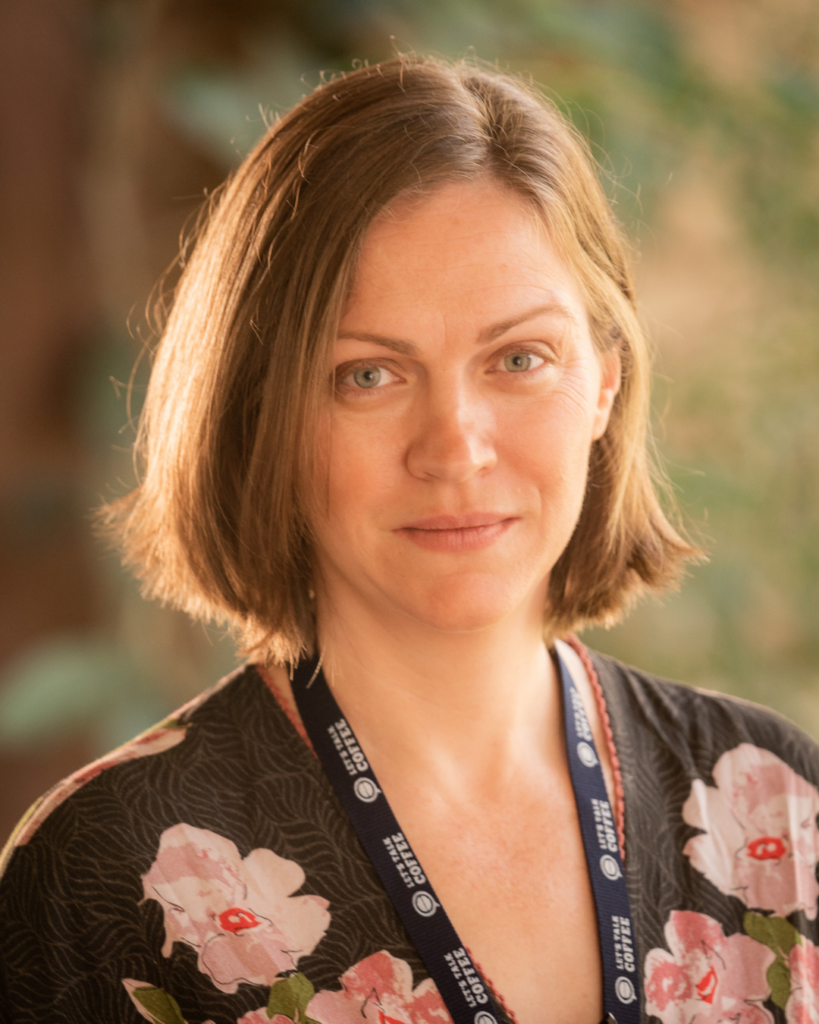
9:00 – 10:00 am
Open Book Accounting
Presenter: Kat Nolte Ferguson
Traceability has become a pillar in specialty sourcing, but transparency in financial reporting is still the exception and not the norm. Kat Nolte Ferguson, Managing Director of Sustainable Harvest, will explore how businesses can be strengthened when financial results are openly shared. She also will discuss some of the pitfalls in transparent financial reporting.
10:00 – 10:30 am
Coffee Break
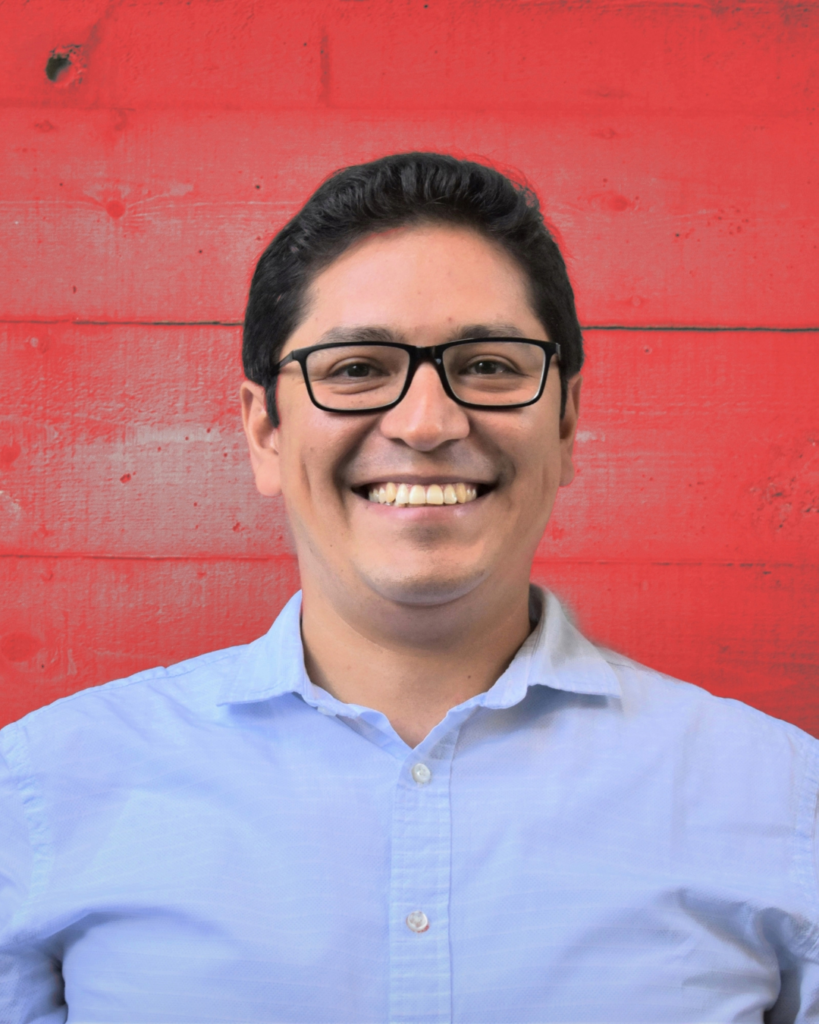
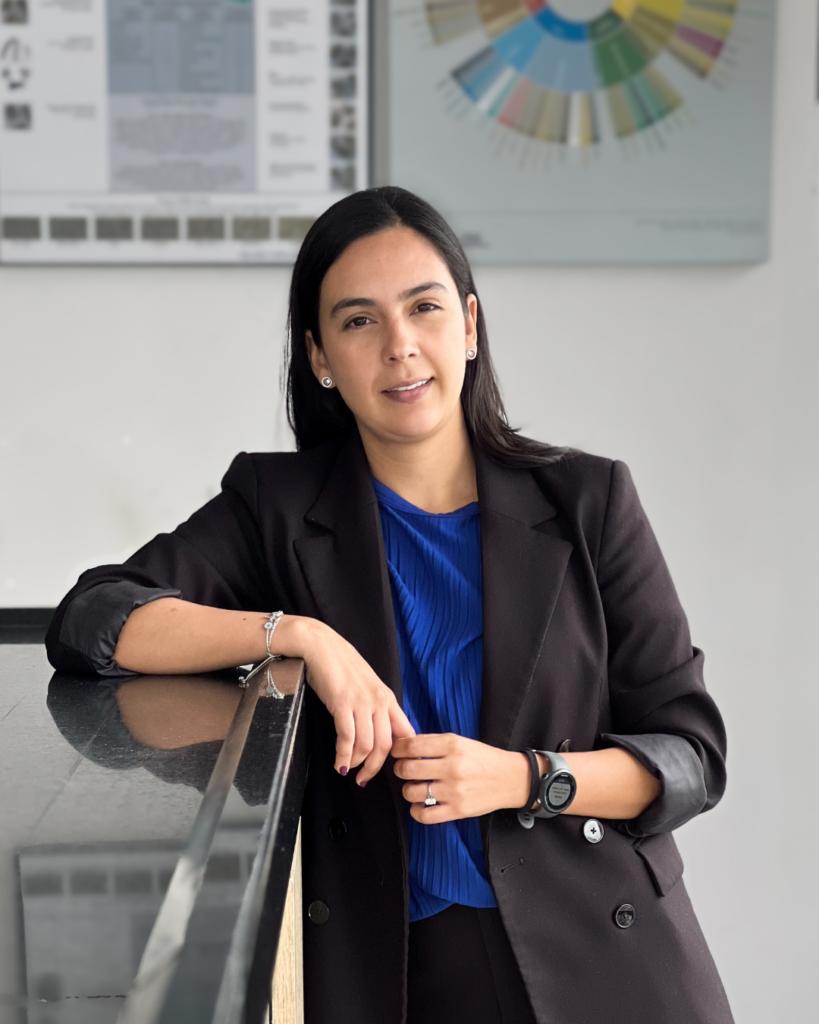
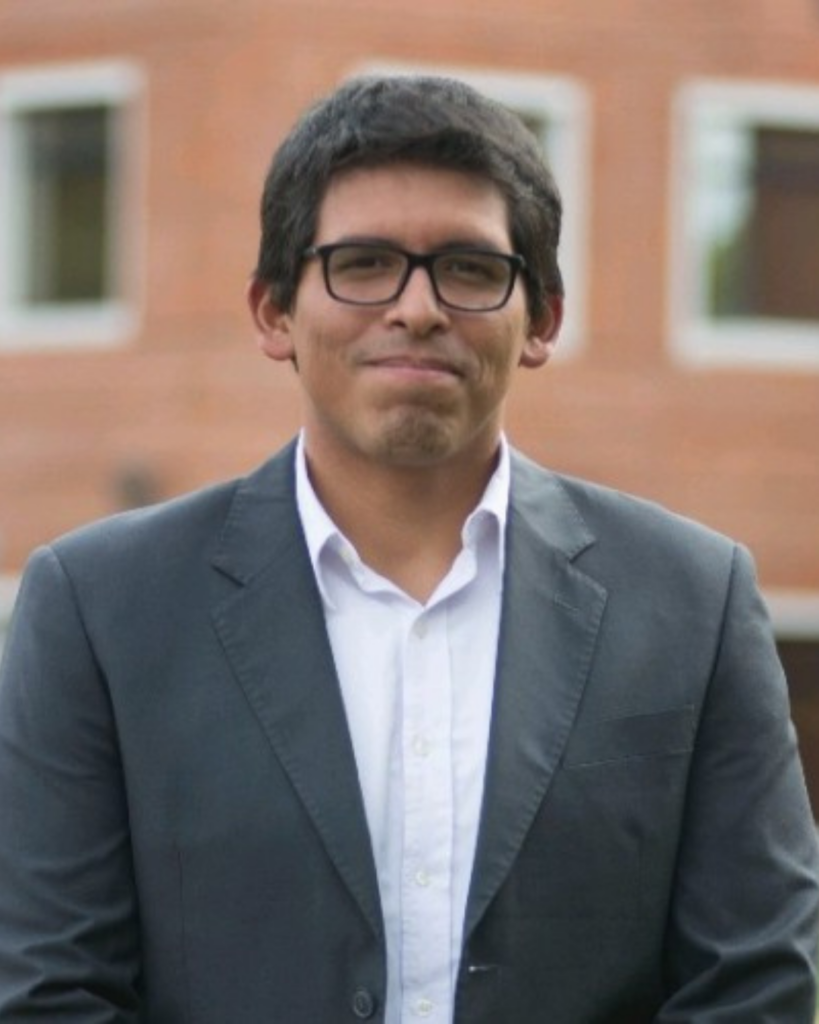
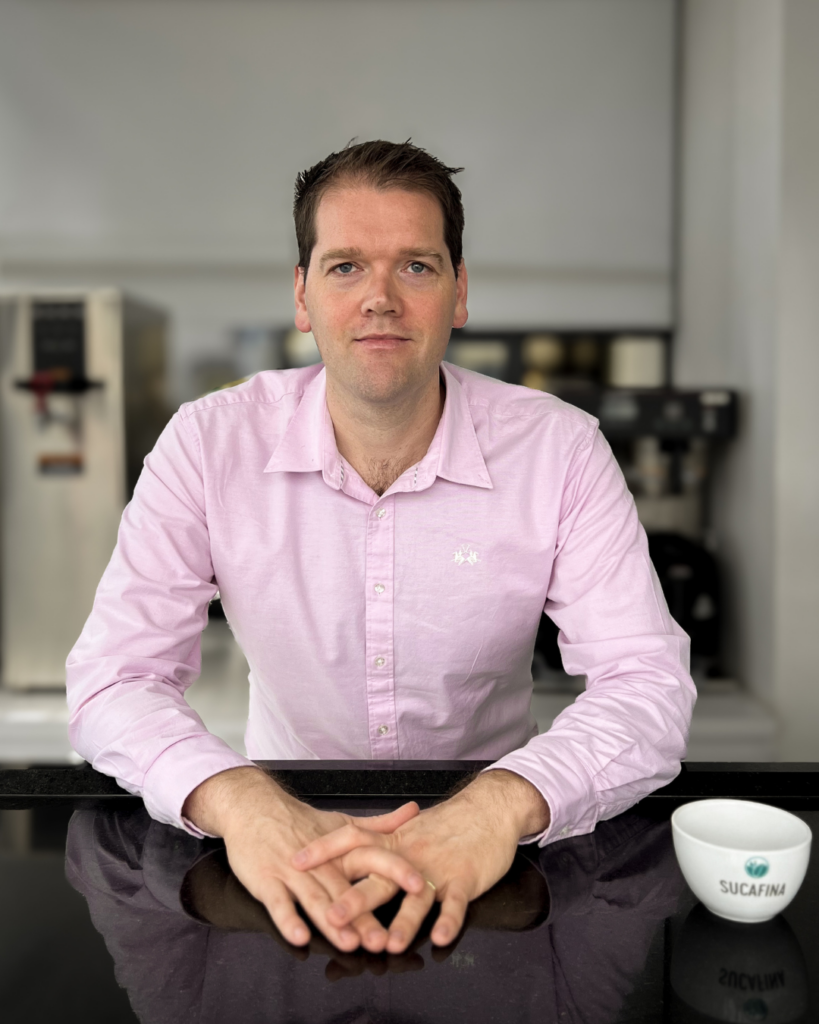
10:30 – 11:30 am
Future of Coffee Financing
Panelists: Daniel Rivera, Daniela Marín, Jorge Chávez; Moderator: Conor Campbell
With the recent volatility in the commodity market, access to adequate pre-harvest financing has become a significant challenge for producers, particularly cooperatives. For social lenders, the risk of defaults has greatly increased. This panel will look at the existing structure of producer financing and discuss how it could and perhaps should evolve.





10:00 – 11:30 am
Cupping: Best of the Best – Peru
With Support from our Team: Emma Taylor, Dimar Zurita, Claudia Gomez, Chabe Cerqueda, Leo Acosta


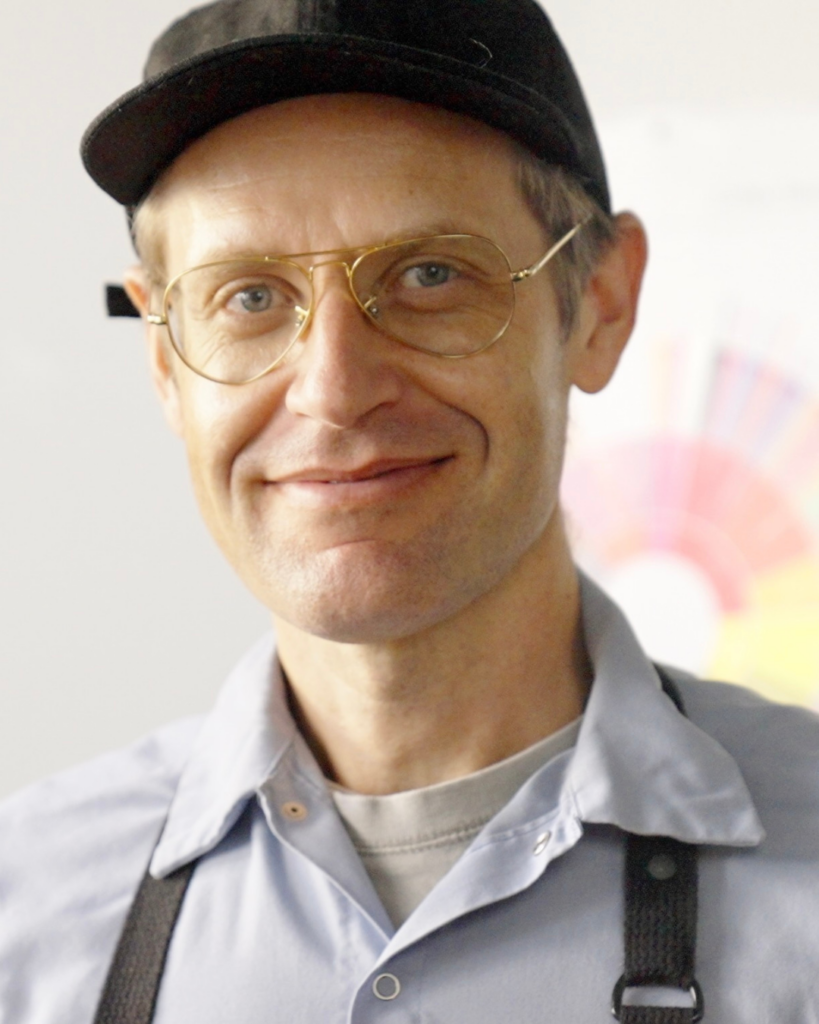
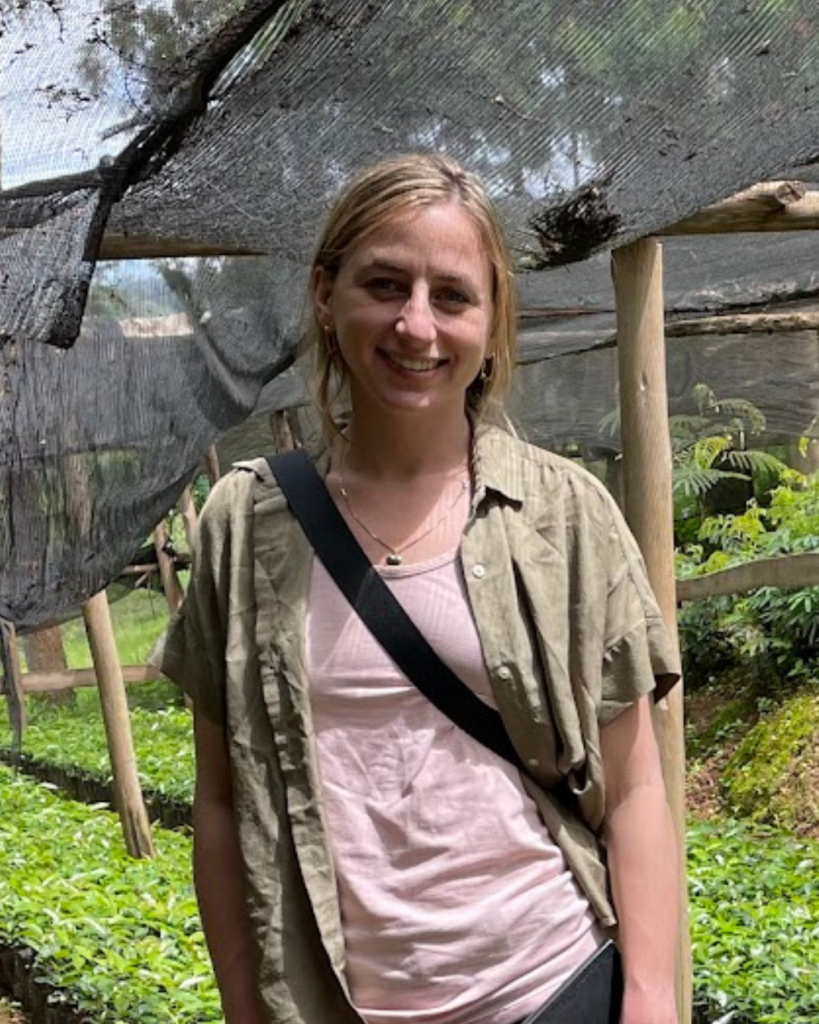
11:30 am – 12:30 pm
Beyond Arabica
Panelists: Yimara Martínez, Dr. Aaron Davis, Ben Brewer; Moderator: Danna Wasserman
Arabica (Coffea arabica) is synonymous with specialty coffee. As we continue to face unpredictable Arabica harvests and ensuing market volatility, the time has come to look at other species to provide high-quality coffee. This panel will highlight recent advancements in non-Arabica production and processing, as well as the roasting and marketing of these coffees. A tasting of various non-Arabica coffees will follow.
12:30 – 2:30 pm
Lunch
2:30 – 4:00 pm
Tasting Session: Beyond Arabica
2:30 – 5:30 pm
1×1 Meetings

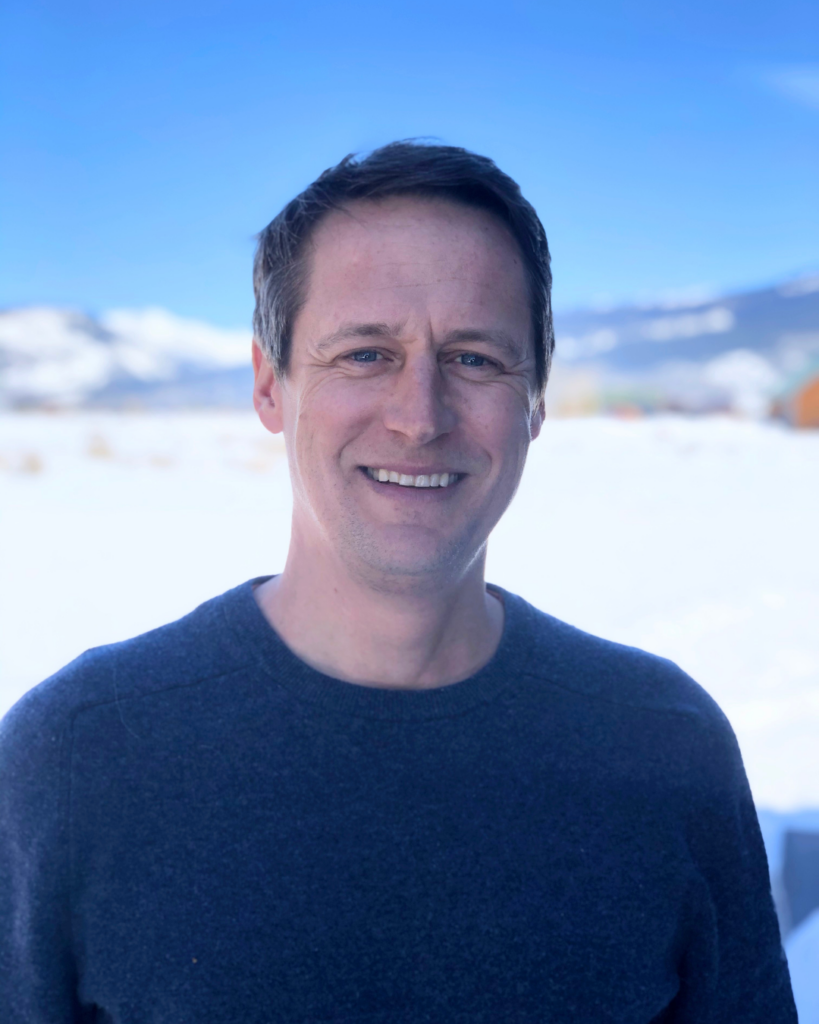
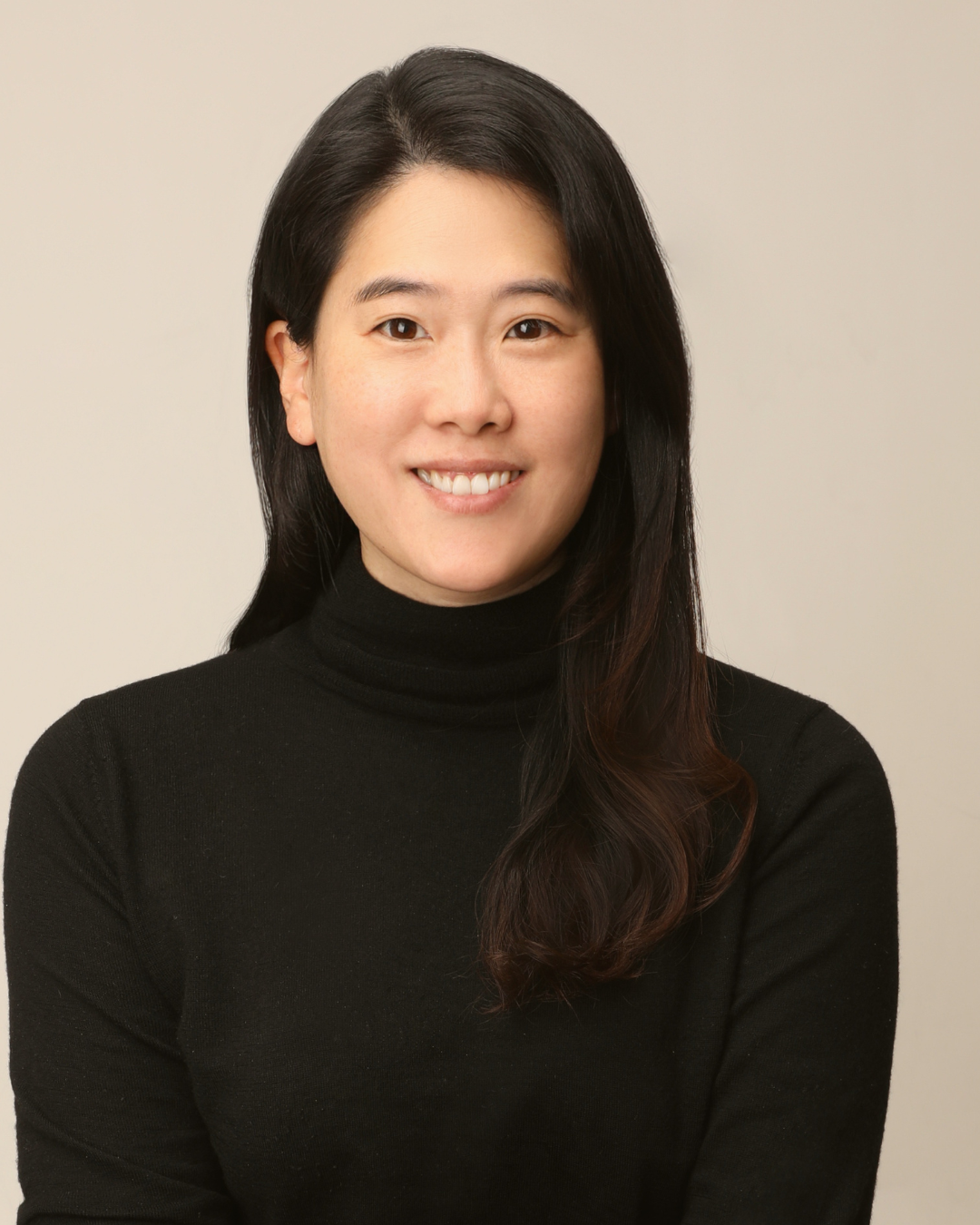
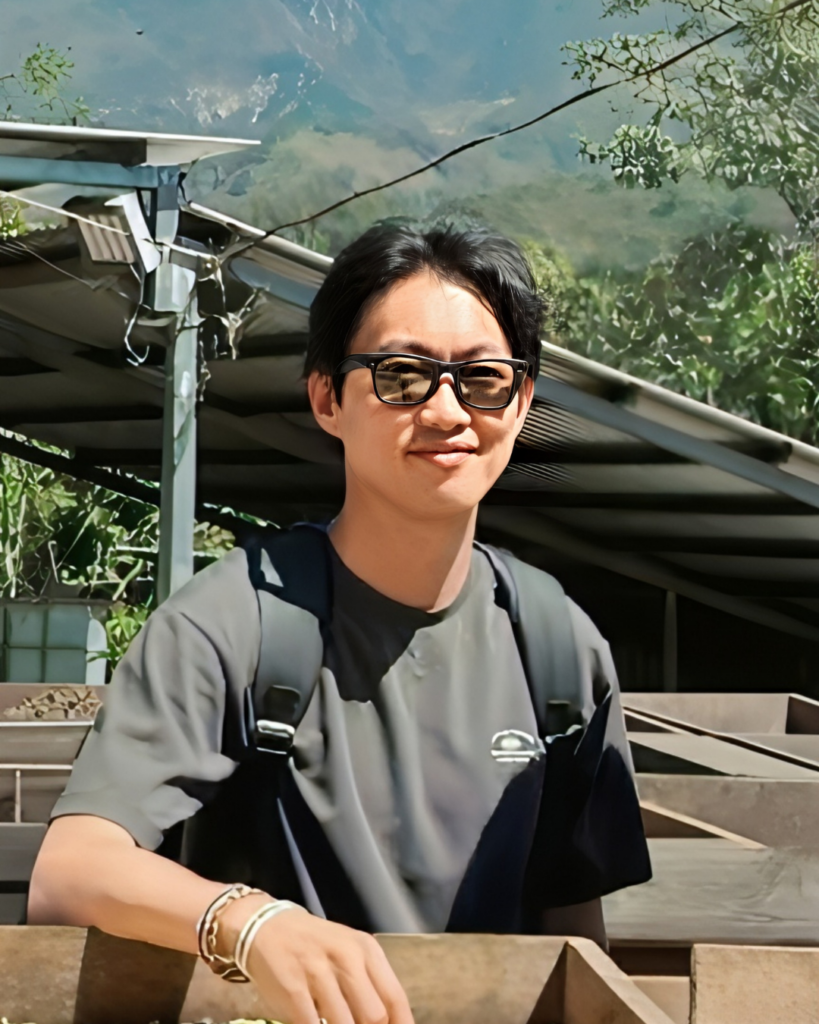
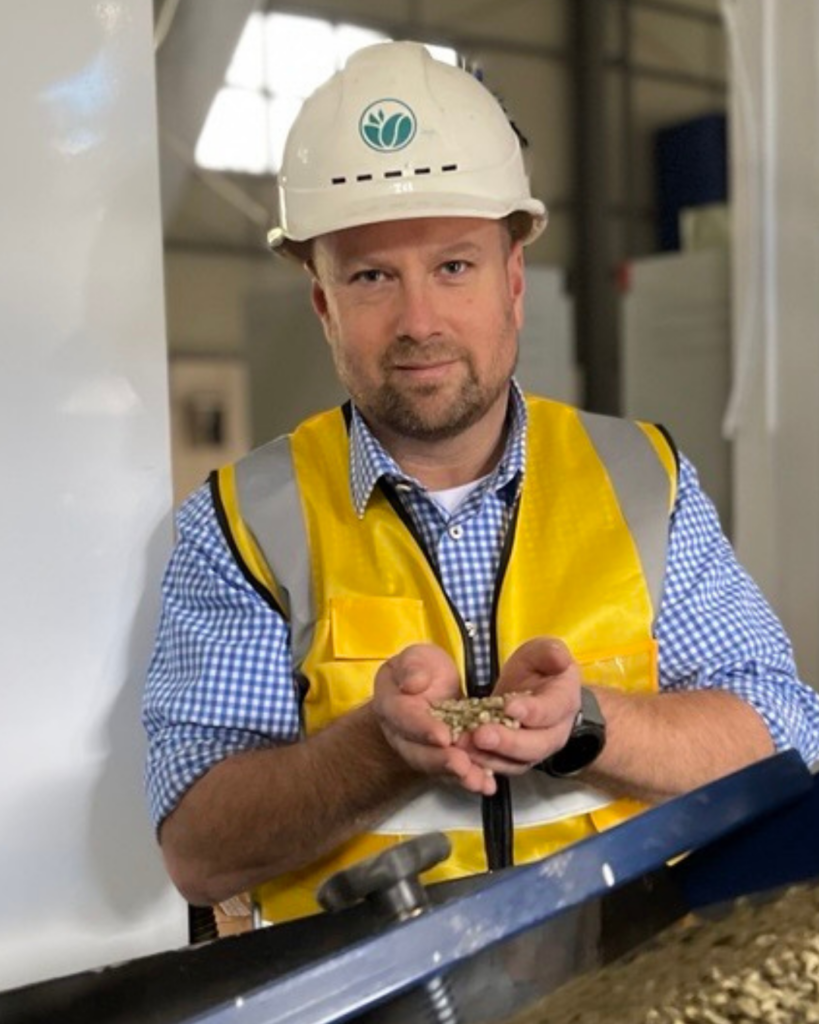
4:00 – 5:00 pm
Tech Talk for the Coffee Industry
Panelists: Juan Luis Barrios, Alex Morgan, Sarah NY Kim, Martin Jeong; Moderator: Carl Sara
The coffee industry has benefited from innovations that have made our work more efficient and consistent, yet the traditions embedded in coffee production and roasting may represent an obstacle to further advancements, as well as the challenge of making technology more accessible across cultures, languages, educational levels, etc. This panel will examine the opportunities and pitfalls for technology, especially with the arrival of artificial intelligence (AI).
5:00 – 5:30 pm
Closing Announcements
5:30 pm
Grill Dinner
Saturday, September 27
8:30 – 9:00 am
Announcements
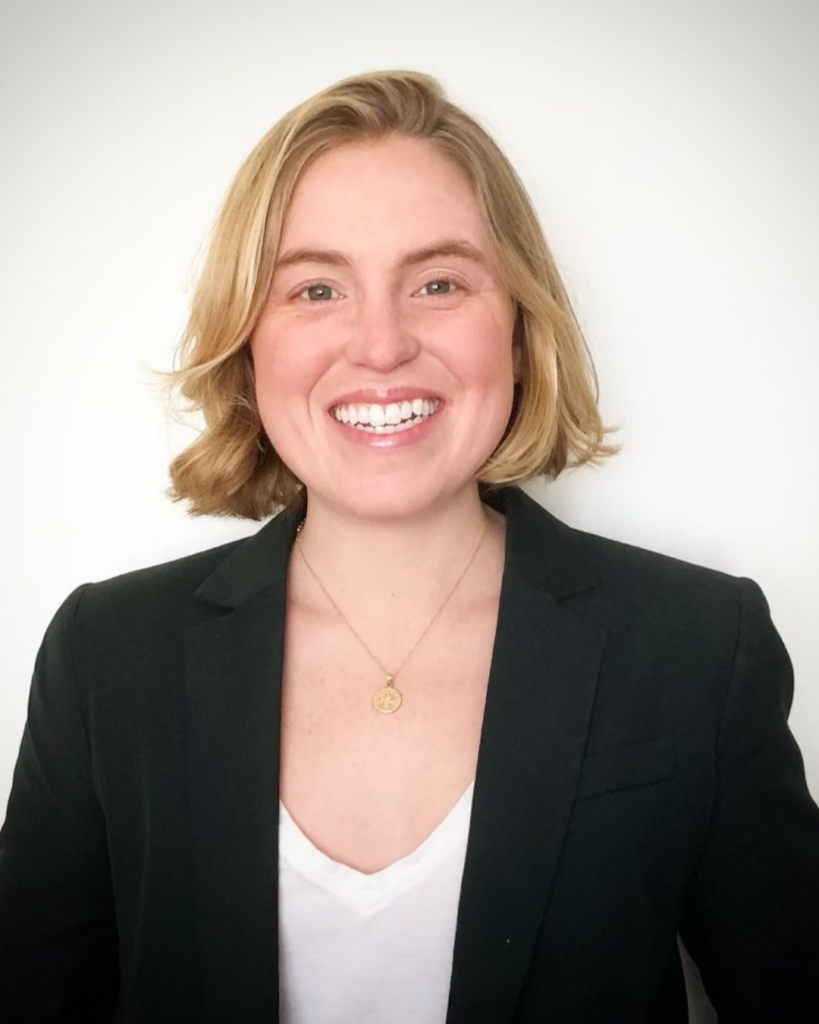
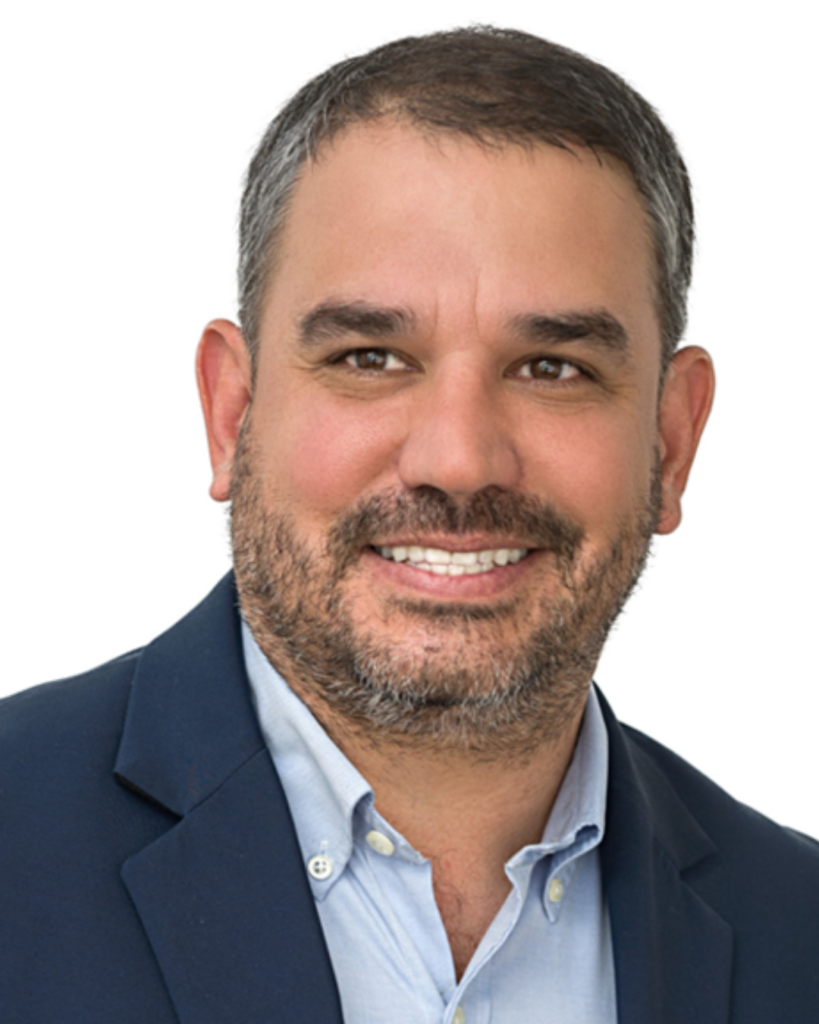
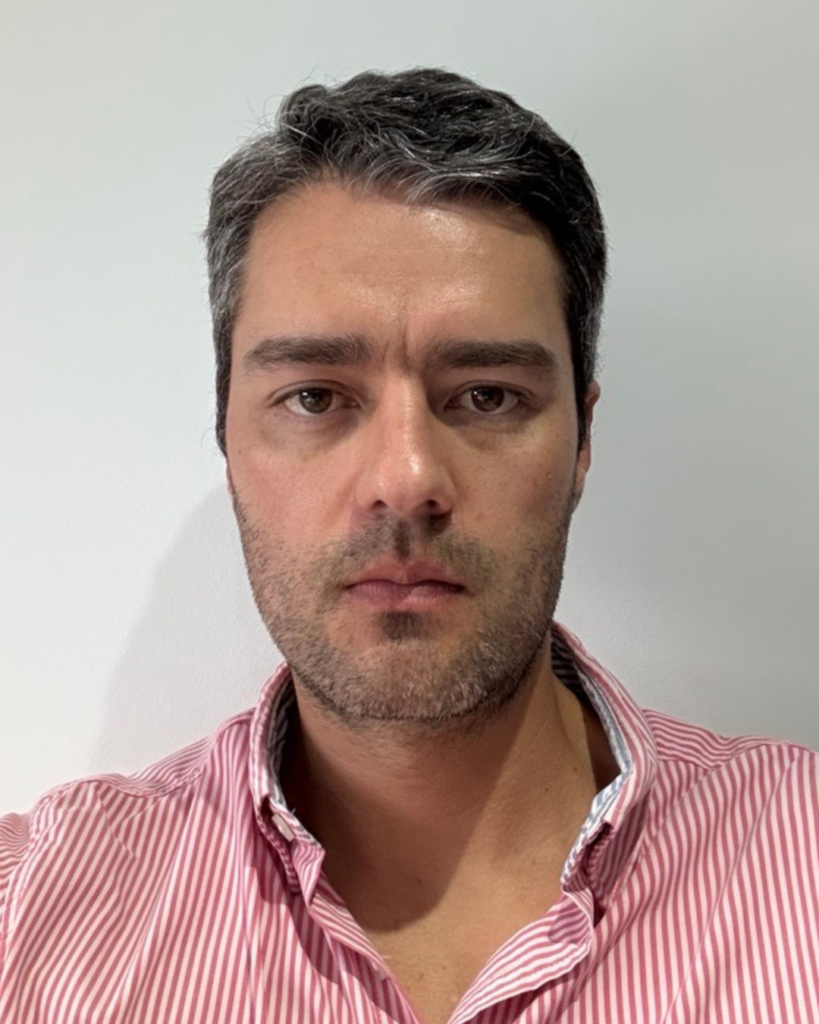
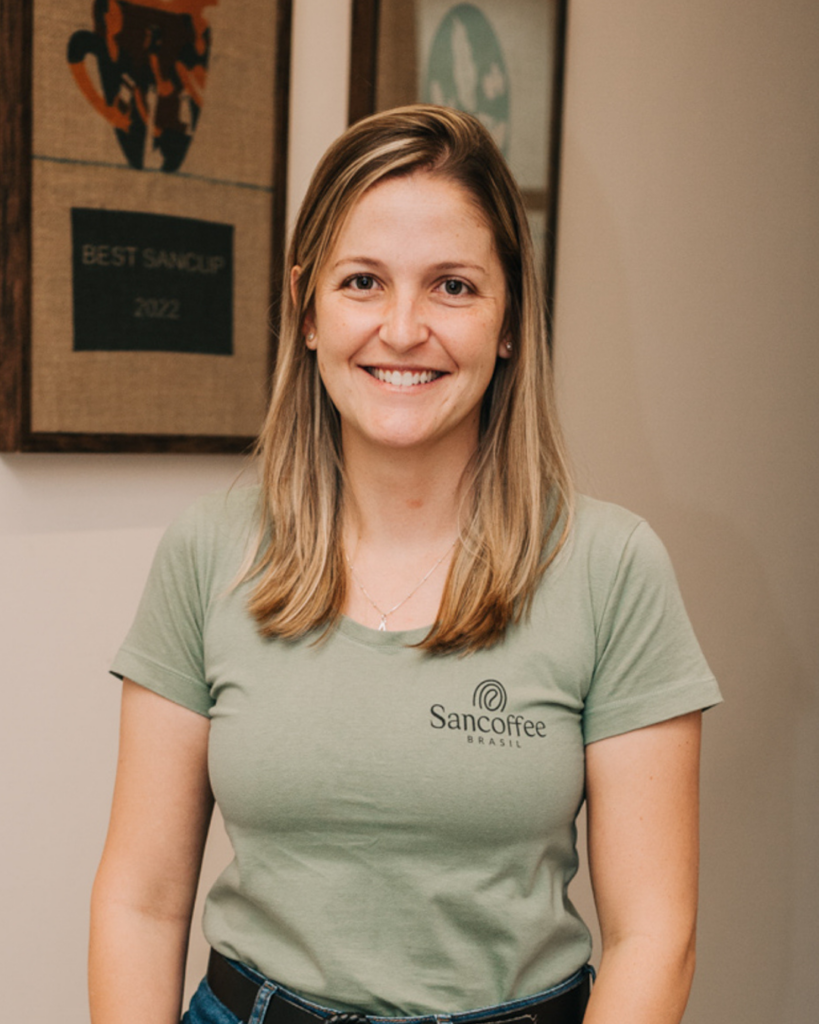

9:00 – 10:00 am
Sustainability Impact: Deep vs. Broad
Panelists: Audrey Waldrop, Bernardo León, Felipe Arbelaez, Ana Claudia da Silva; Moderator: Kat Nolte Ferguson
How do producers and roasters of different sizes connect to sustainability in supply streams? The panelists in this session are recognized for implementing principles of sustainability into their operations. The size and scale of these companies, however, often determine the breadth and depth of their respective initiatives and present challenges as well as opportunities.

9:00 – 10:00 am
Workshop by World Coffee Research
Seeds That Transform: Strengthening the Foundation of the Coffee Value Chain
Presenter: Jimmy More
Quality planting materials, such as seeds or seedlings, are the foundation of the coffee value chain. But how prepared is Peru to take full advantage of this potential? World Coffee Research (WCR) has developed actions to strengthen the Arabica coffee seed sector in five Latin American countries through the implementation of various projects and programs – including Maximizing Opportunities in Coffee and Cocoa in the Americas (MOCCA), funded by the U.S. Department of Agriculture – as well as other initiatives with the private sector and INIA (National Institute of Statistics and Census).
Jimmy More, WCR’s Project Manager in Peru, will present findings on the genetic integrity and quality of seed sources, as well as the gaps that limit access to better varieties, with a special focus on the Peruvian situation. He will also address why and how producers can and should use quality seeds to improve the yield and quality of their coffee.
*Please note that this workshop will be offered in Spanish without simultaneous interpretation.*
10:00 – 10:30 am
Coffee Break





10:00 – 11:30 am
Cupping: Meet our Suppliers
With Support from our Team: Emma Taylor, Dimar Zurita, Claudy Gómez, Chabe Cerqueda, Leo Acosta
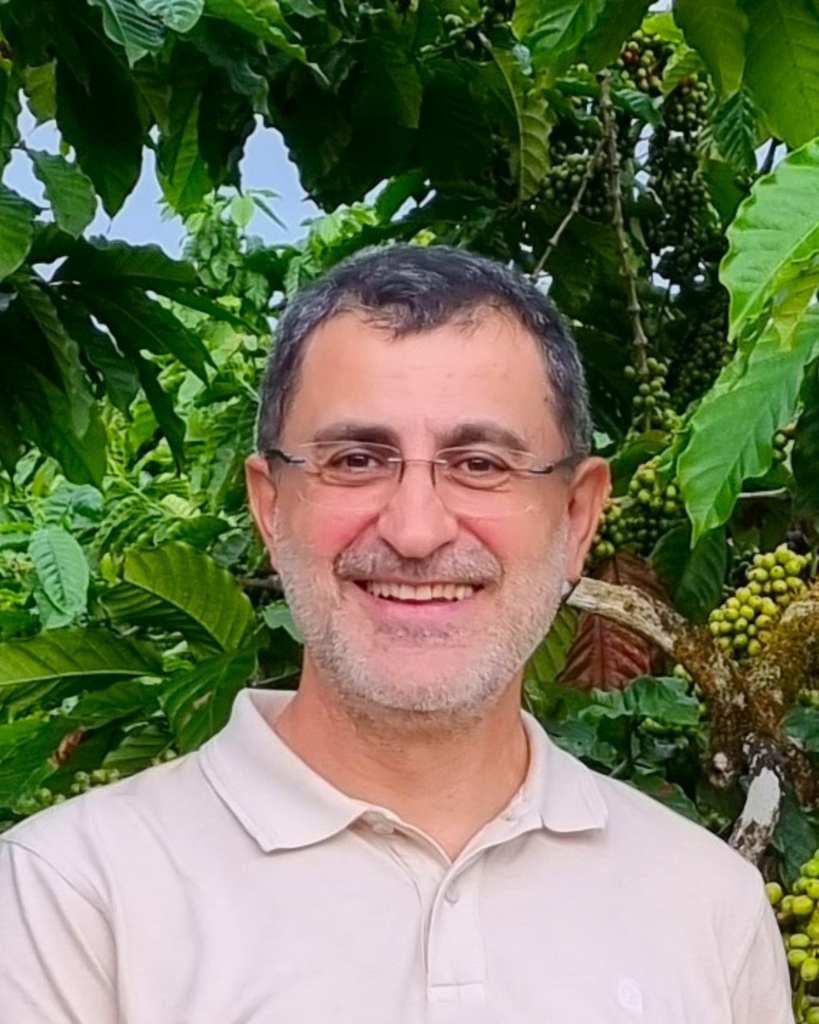
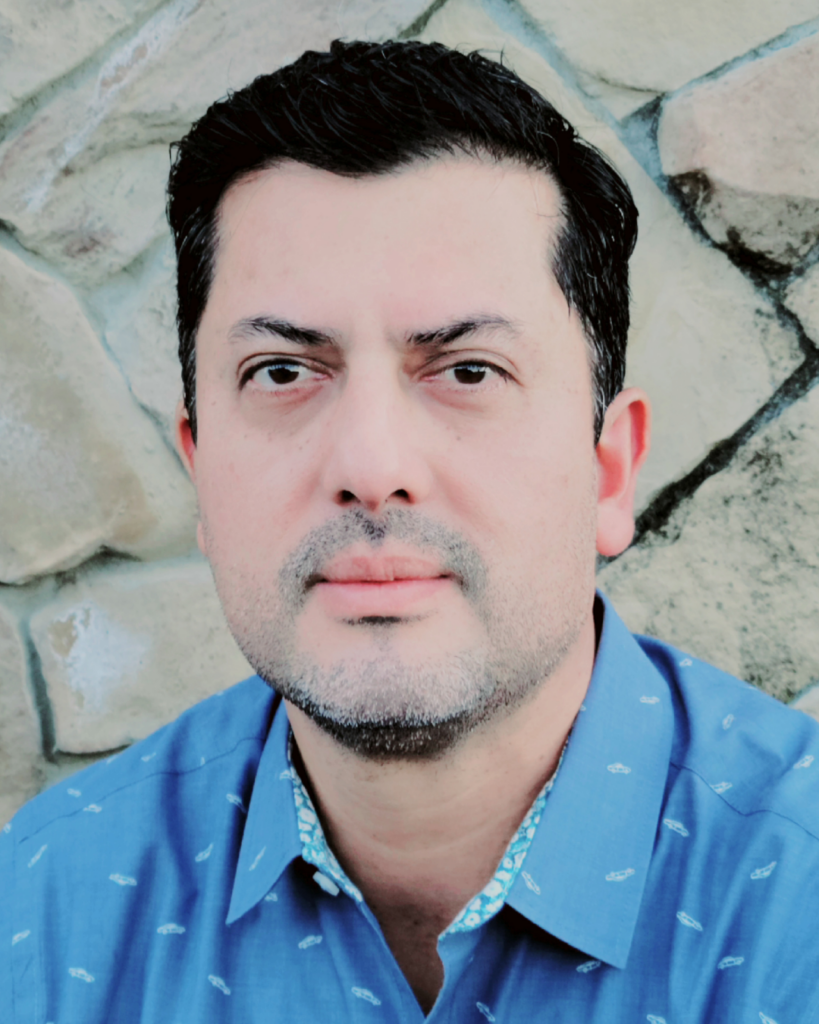
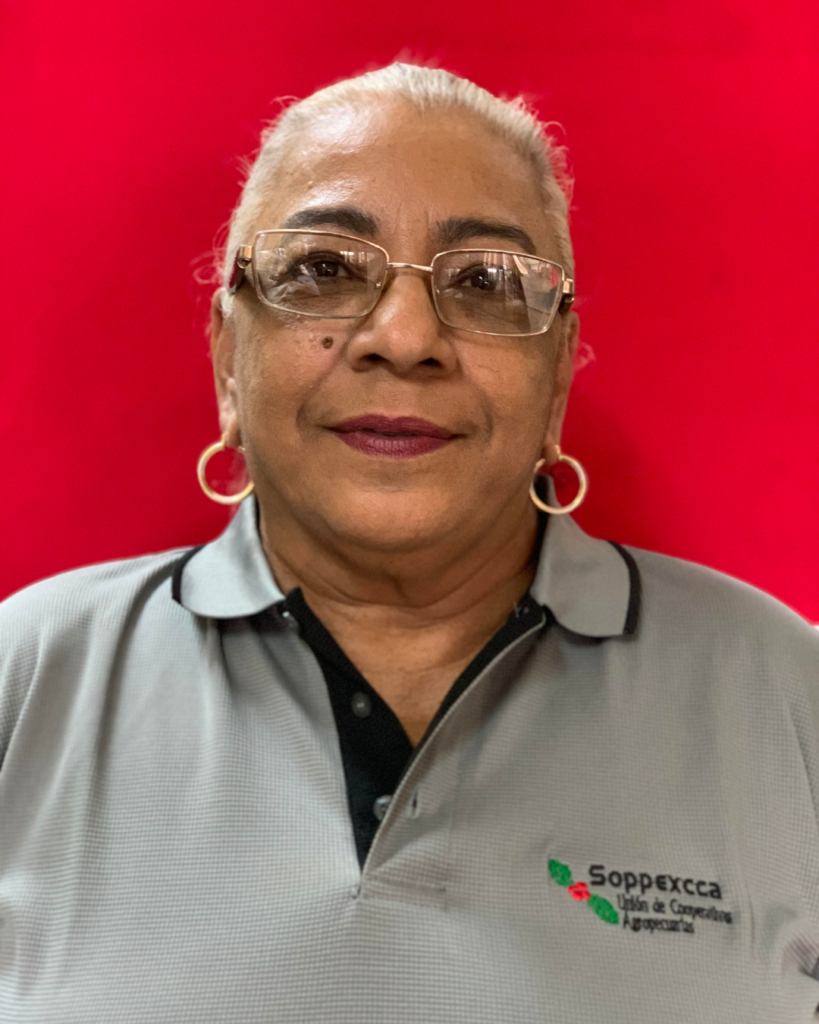
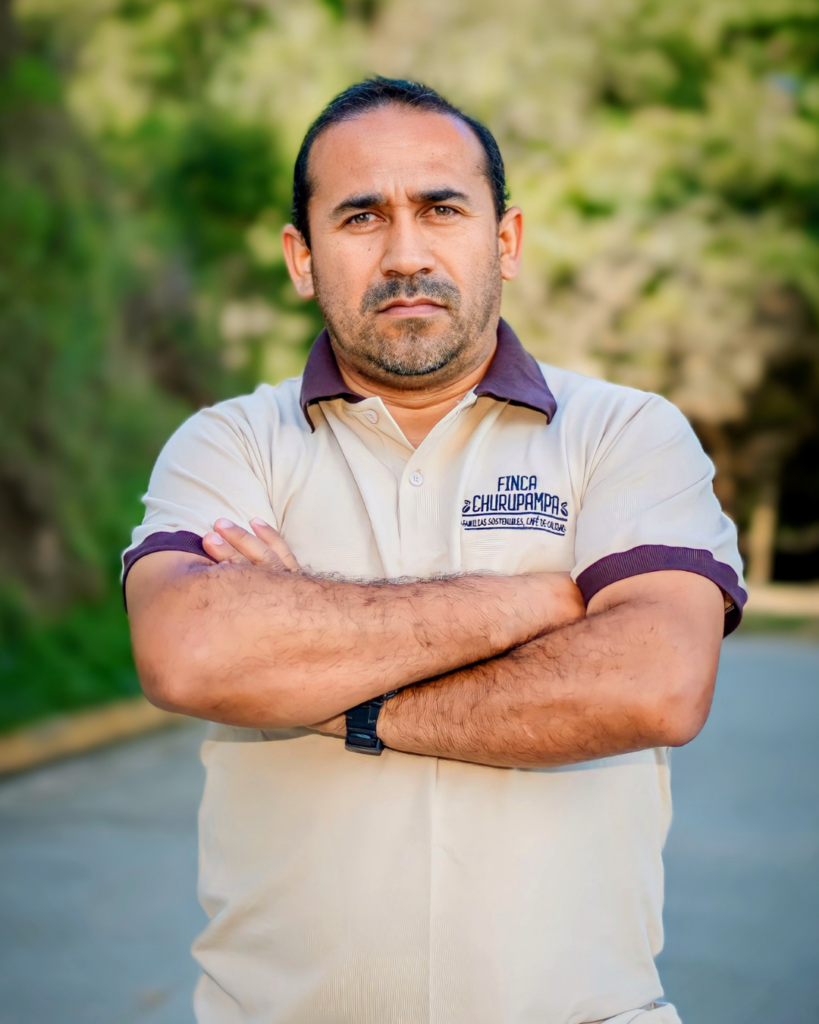
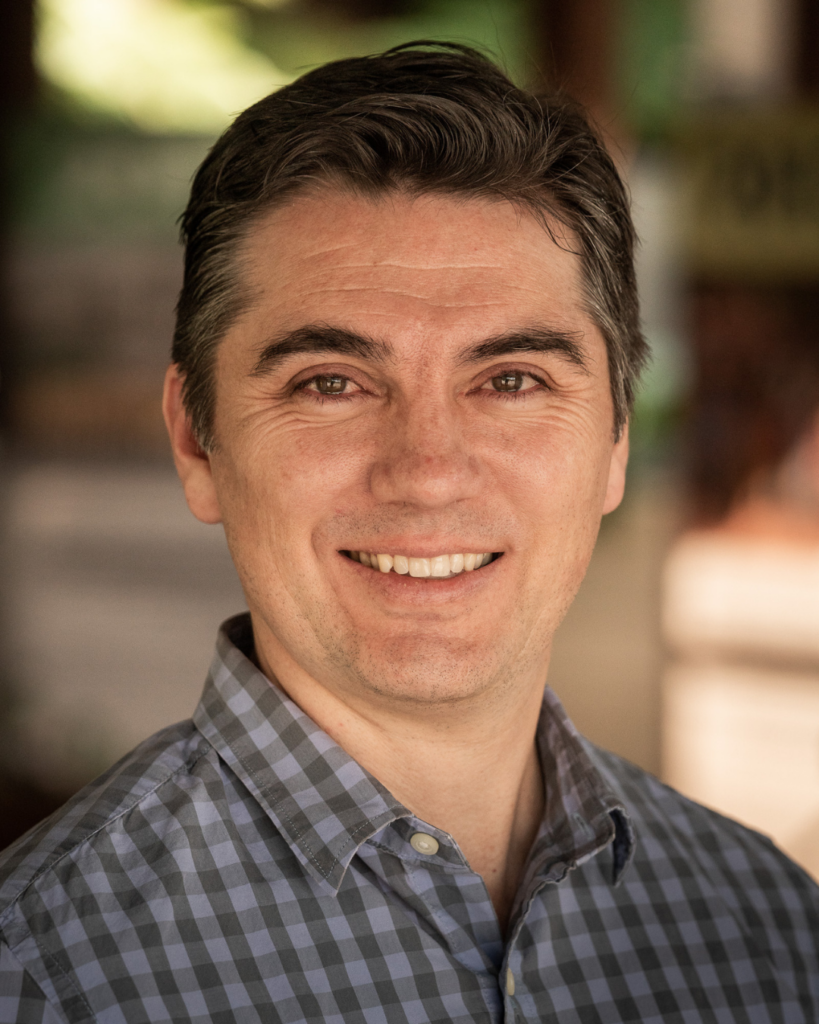
10:30 – 11:30 am
Does Regenerative Agriculture Represent the Future, or Is It Just a Fad? – Producers
Panelists: León Sánchez, Paul Álvarez, Fátima Ismael, Ing. Miguel Díaz Córdova; Moderator: Jorge Cuevas
Although relatively new compared to the organic and fair trade movements, regenerative agriculture is taking the industry by storm. More and more producers are implementing “regen ag” practices, yet without a universal definition the model can be open to interpretation. Can regen ag keep growing despite the lack of standards? The panelists who will examine these questions represent a range of perspectives and experiences.
10:30 – 12:30 am
1×1 Meetings


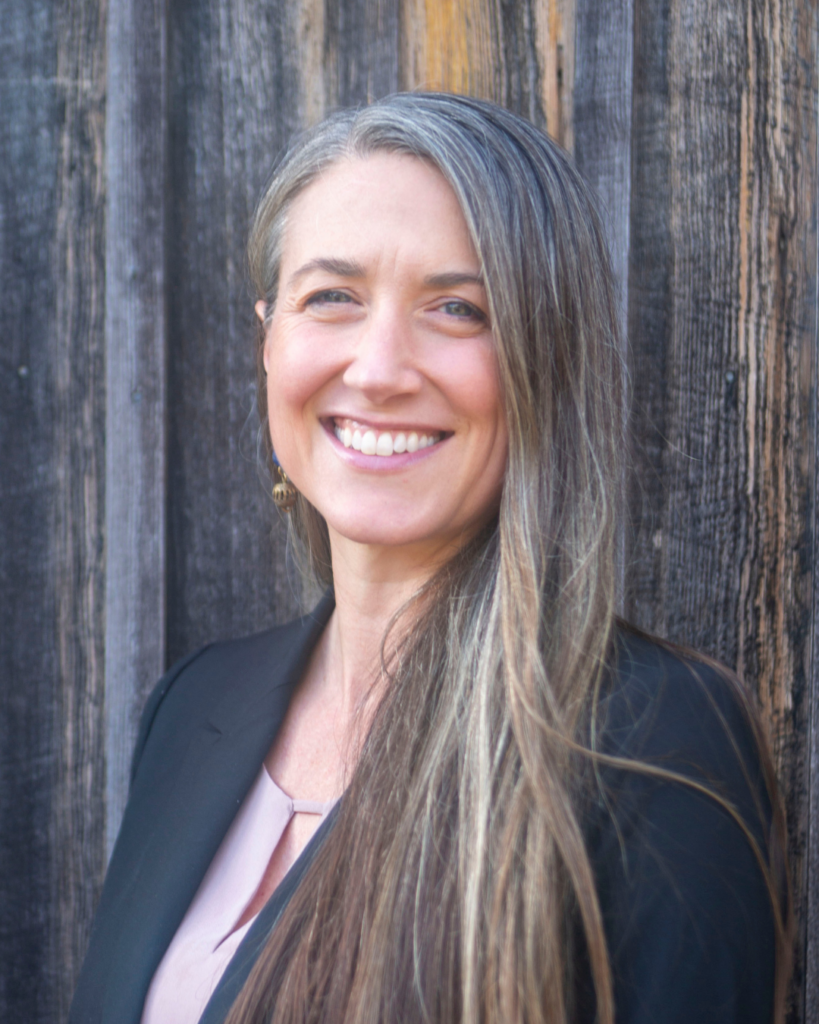
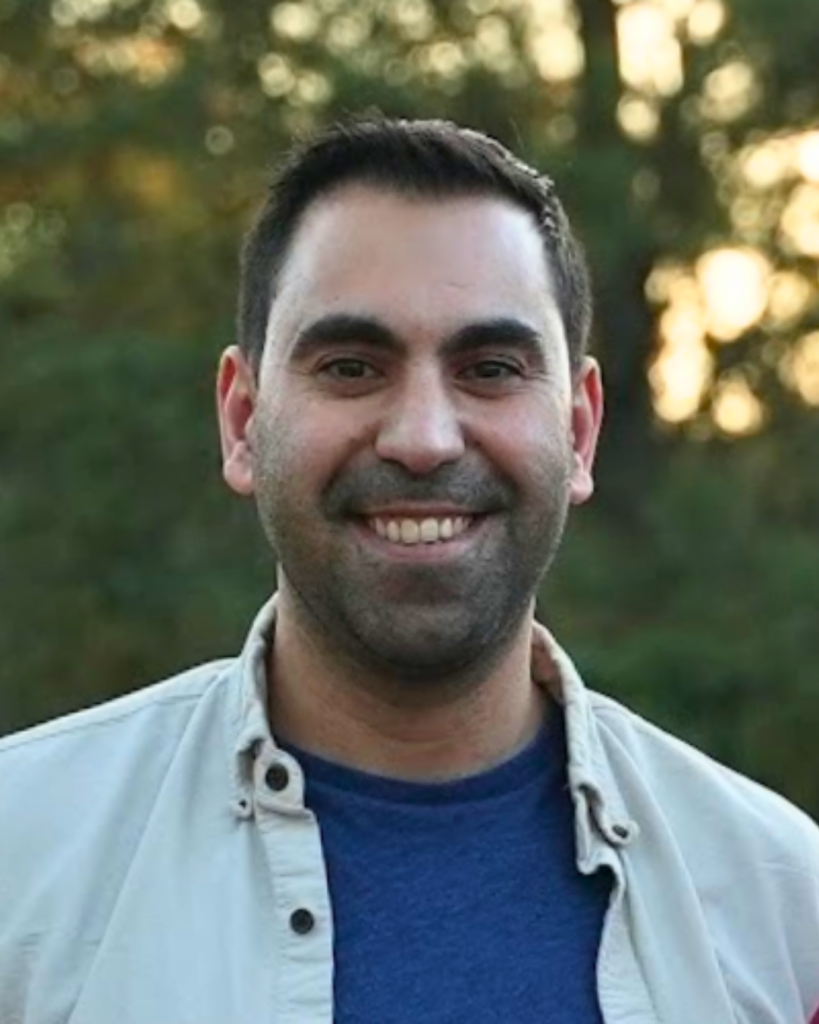

11:30 am- 12:30 pm
Does Regenerative Agriculture Represent the Future, or Is It Just a Fad? – Roasters
Panelists: Paul Álvarez, León Sánchez, Katherine Oglietti, Hovik Azadkhanian; Moderator: Jorge Cuevas
Roasters are increasingly sourcing regenerative agriculture (regen ag) coffees and promoting them to their customers. Many of these coffees are certified organic, while others are not. Why should regenerative agriculture matter to roasters? How should it be communicated to end consumers, and does it need to be standardized under one certification? Also, how can roasters promote regenerative agriculture within the context of a circular economy?
12:30 – 2:30 pm
Lunch
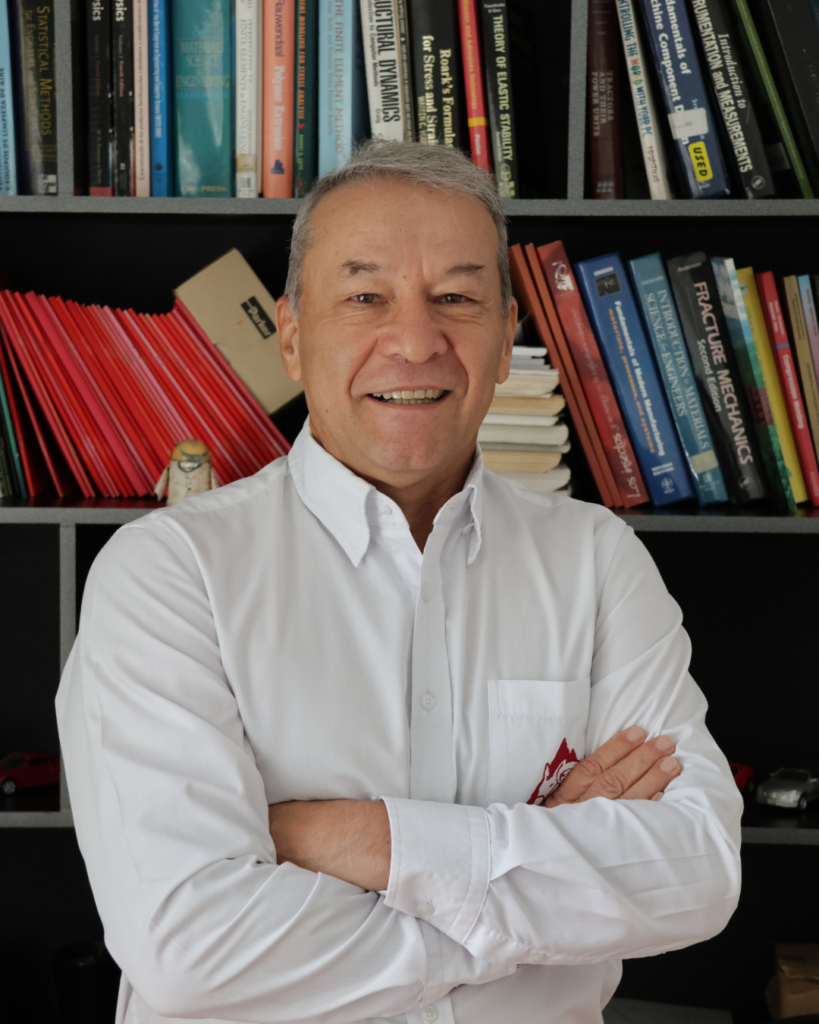
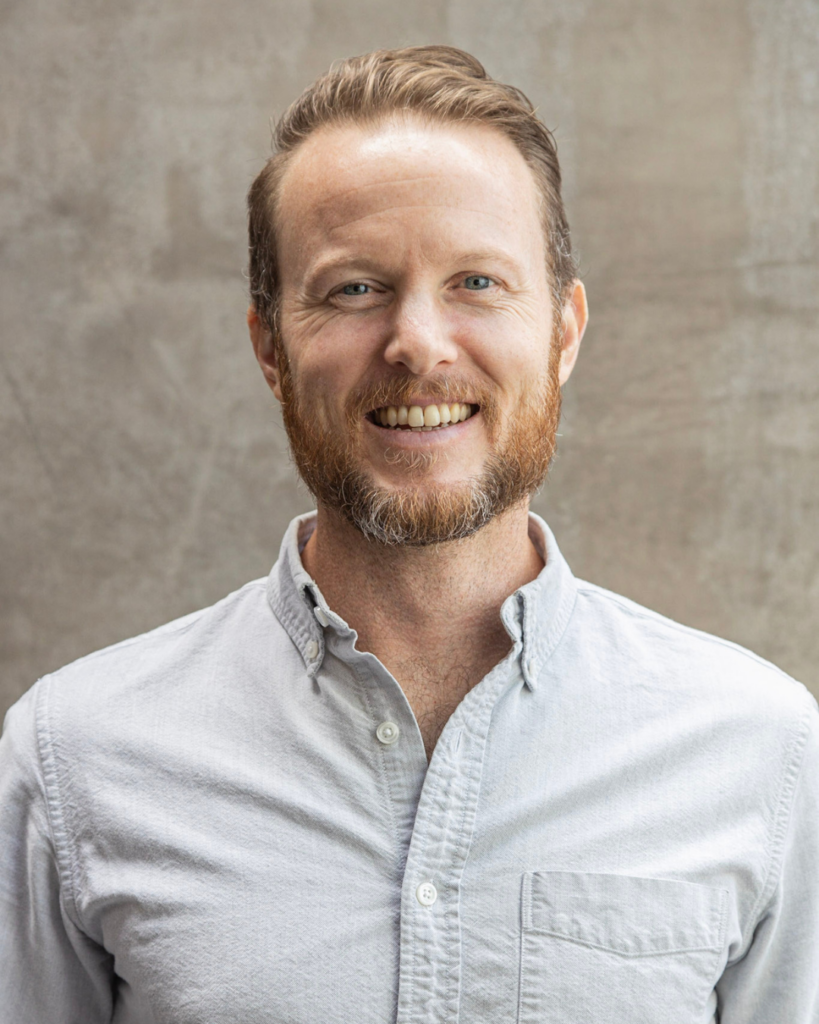
2:30 – 3:30 pm
Mechanization for Small-Scale Producers
Presenter: Dr. Juan Rodrigo Sanz; Moderator: Adam Monaghan
Small-scale producers across origins historically have been more reliant on manual labor. They typically lack capital to invest in expensive equipment and often must contend with steep inclines that do not facilitate the use of machinery. Dr. Juan Rodrigo Sanz Uribe from CENICAFE in Colombia recently has developed low-cost tools that facilitate production and harvesting and will present his research findings.
2:30 – 4:30 pm
1×1 Meetings
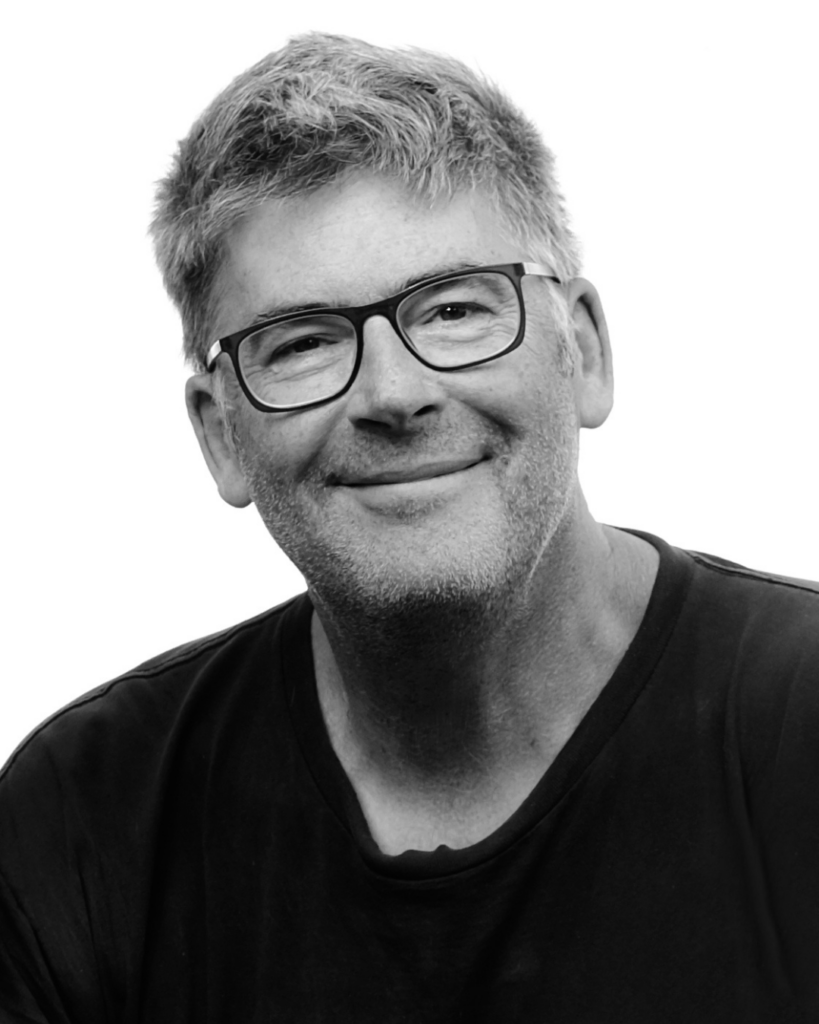

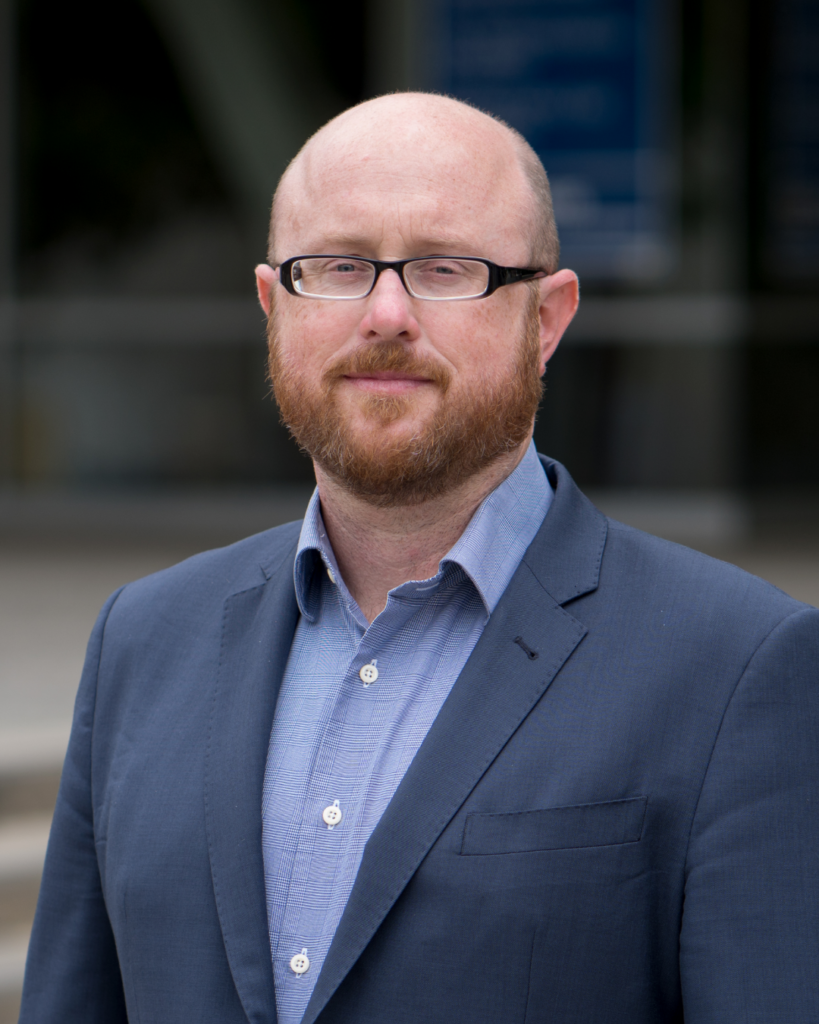

3:30 – 4:30 pm
The Future of Coffee Education
Panelists: Prof. Peter Roberts, Yimara Martínez, Prof. Bill Ristenpart. Moderator: Al Liu
Learning about coffee isn’t restricted to on-the-job experiences anymore. Students at colleges and universities can study various aspects of coffee, from plant sciences and chemical engineering to cultural anthropology and business. This panel will explore how the industry can support these academic pursuits and why it is essential to invest in the next generation of coffee professionals.
